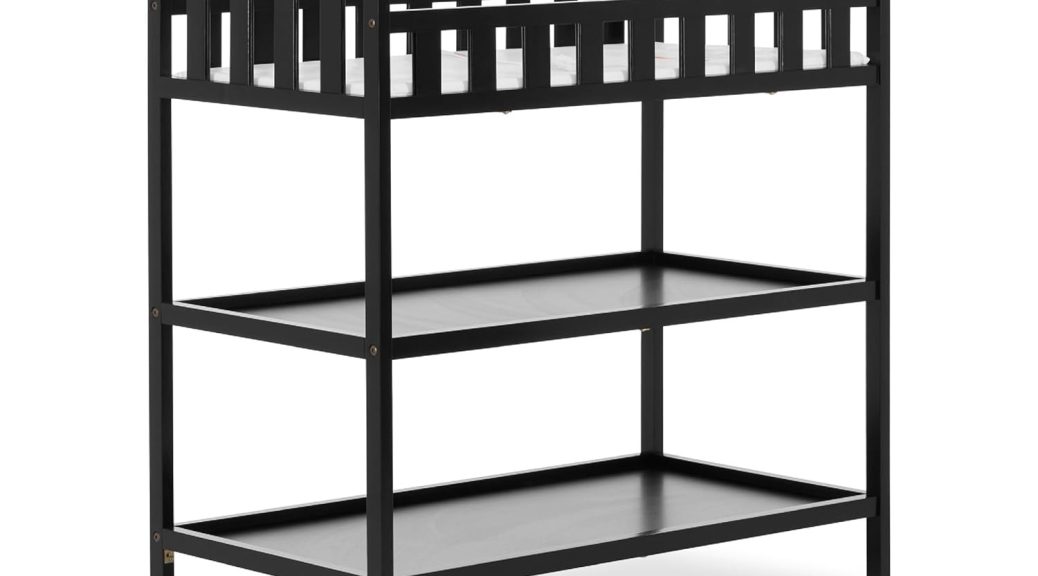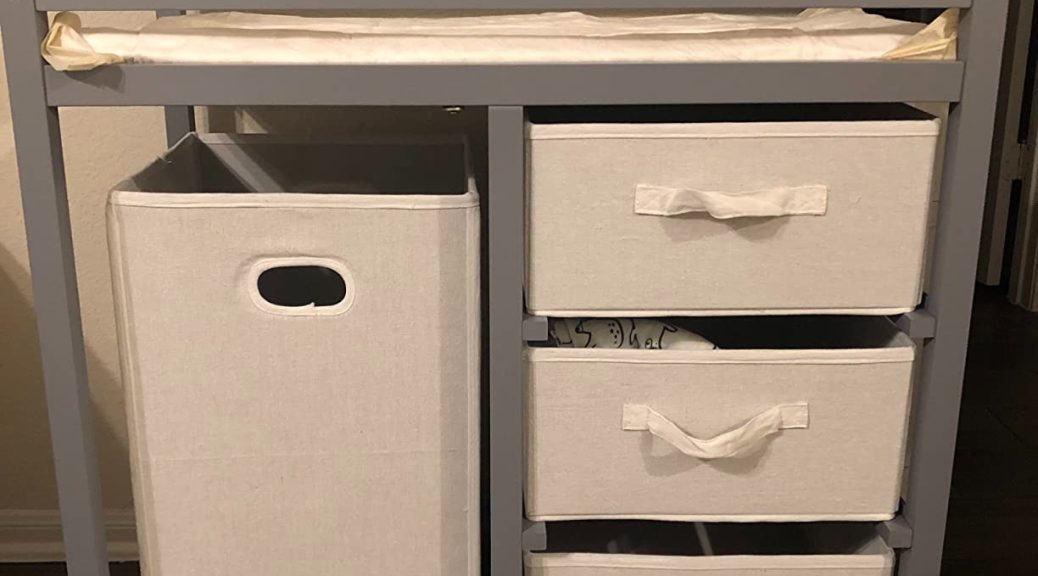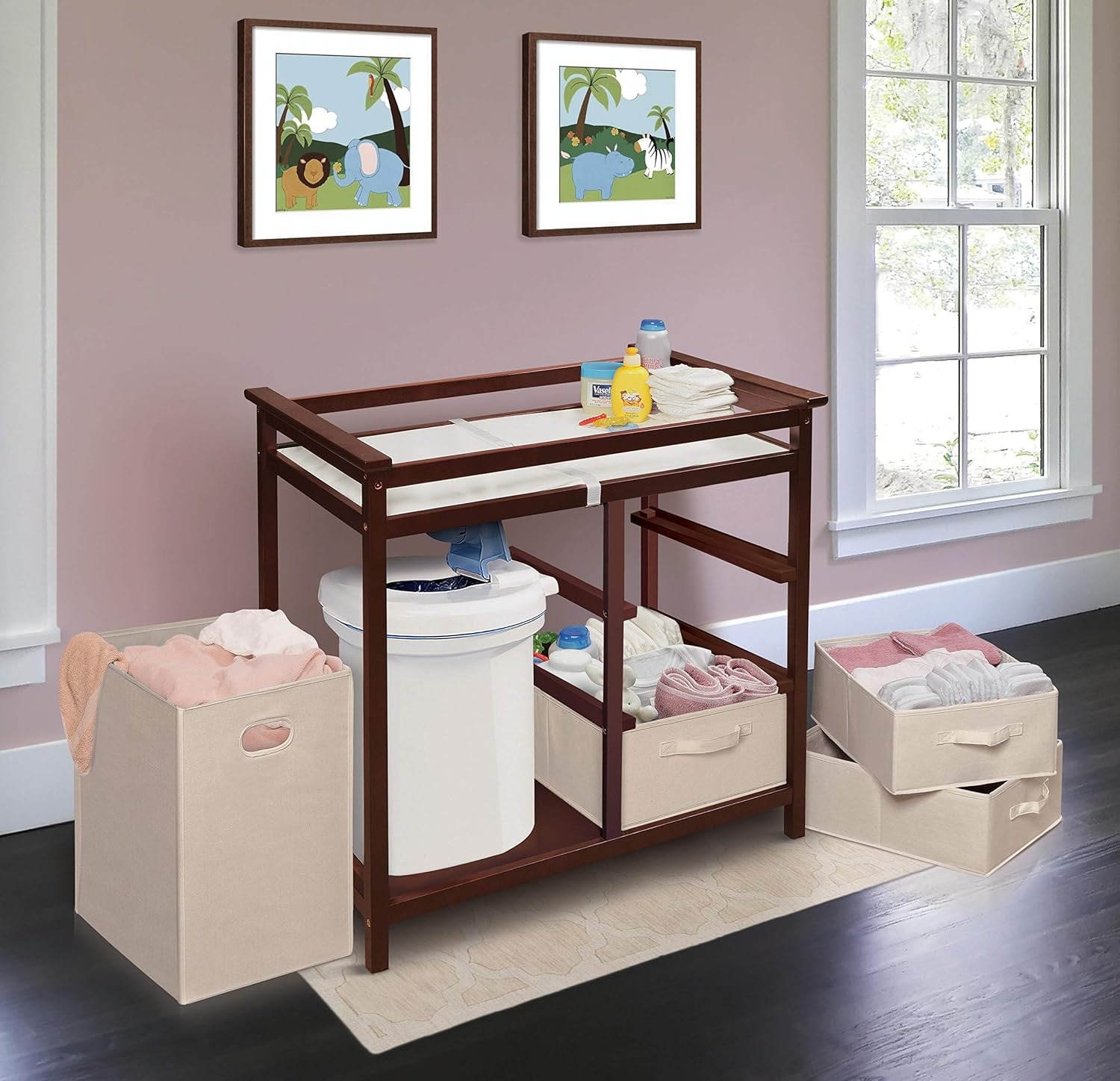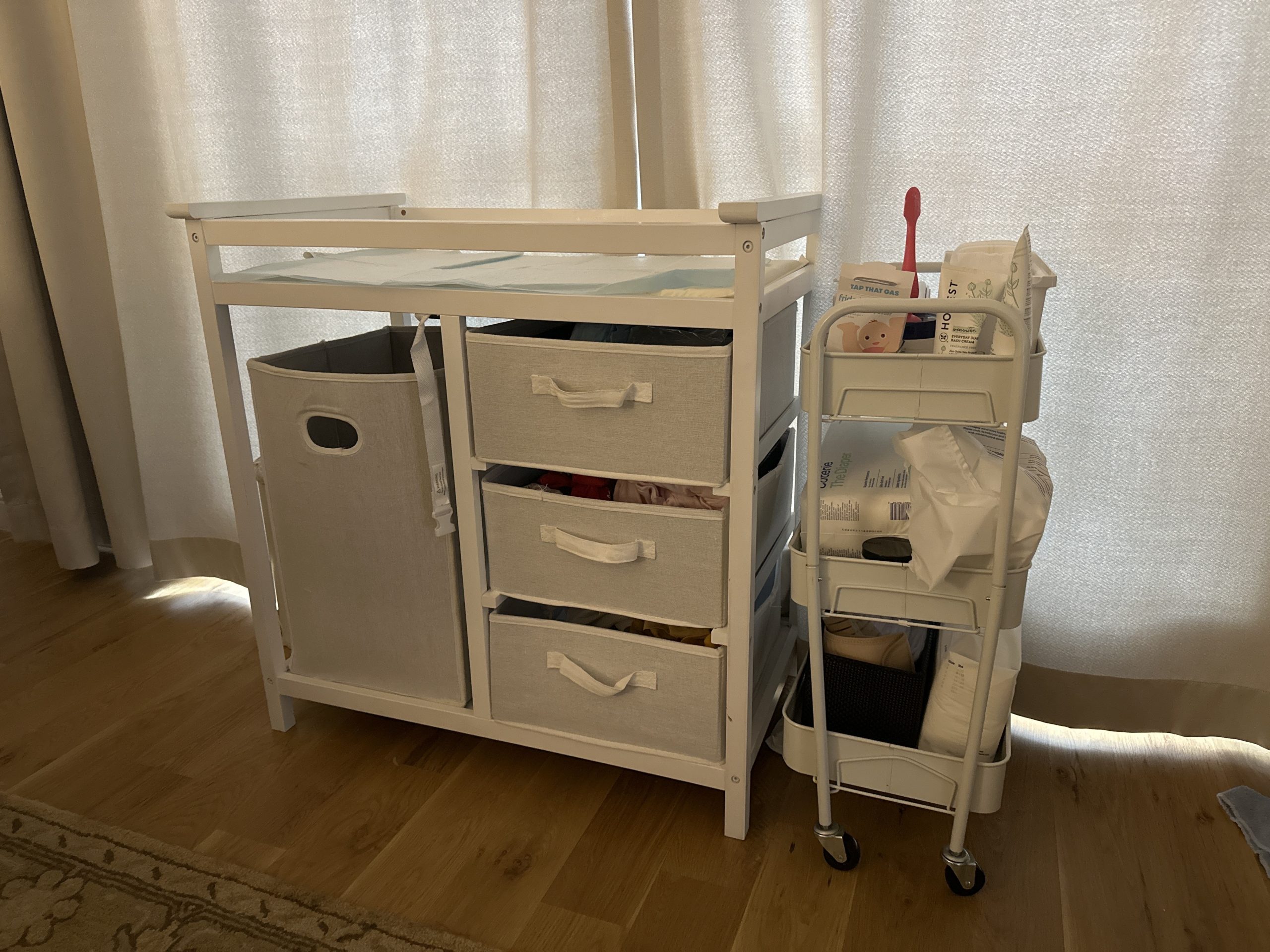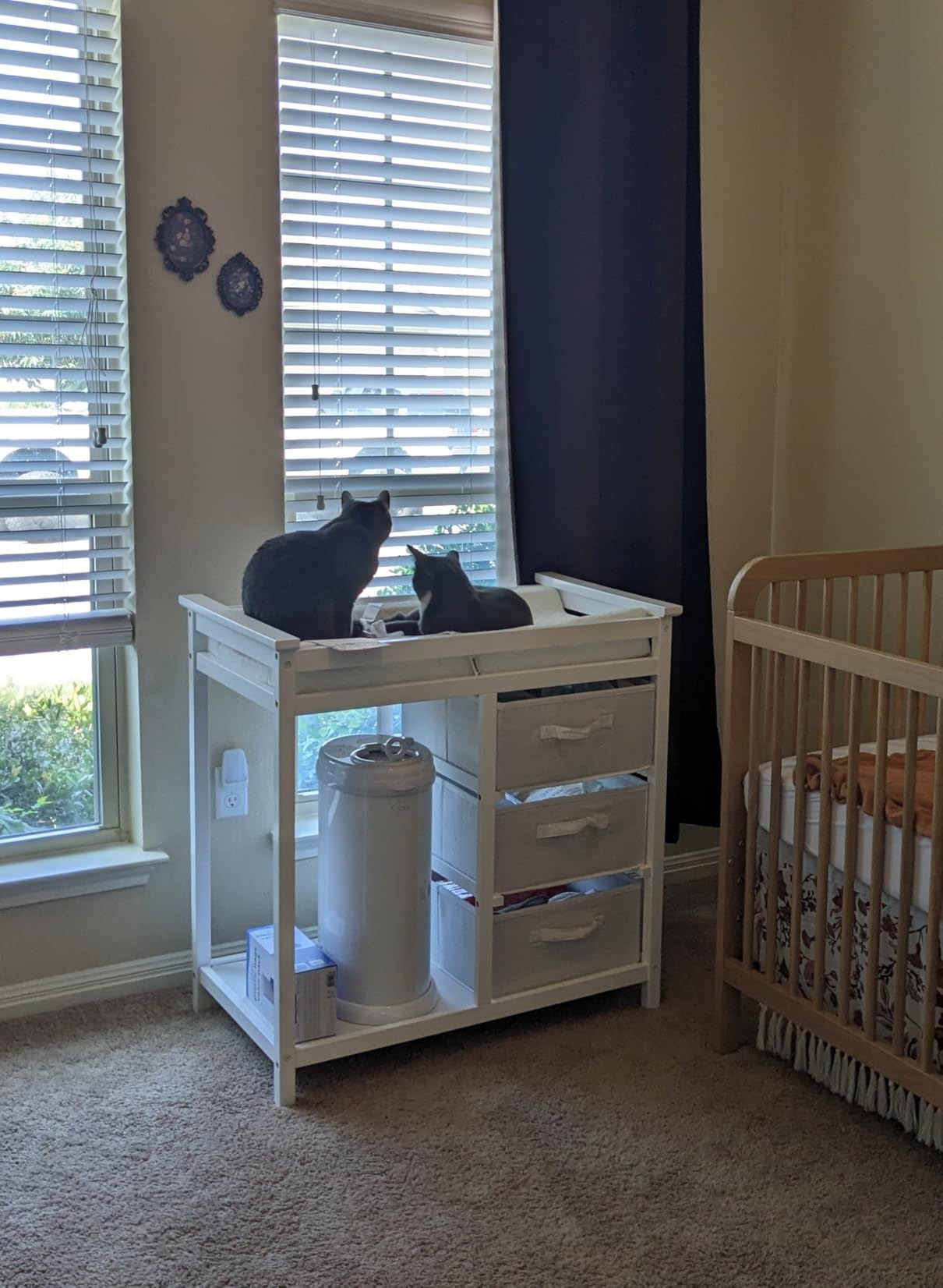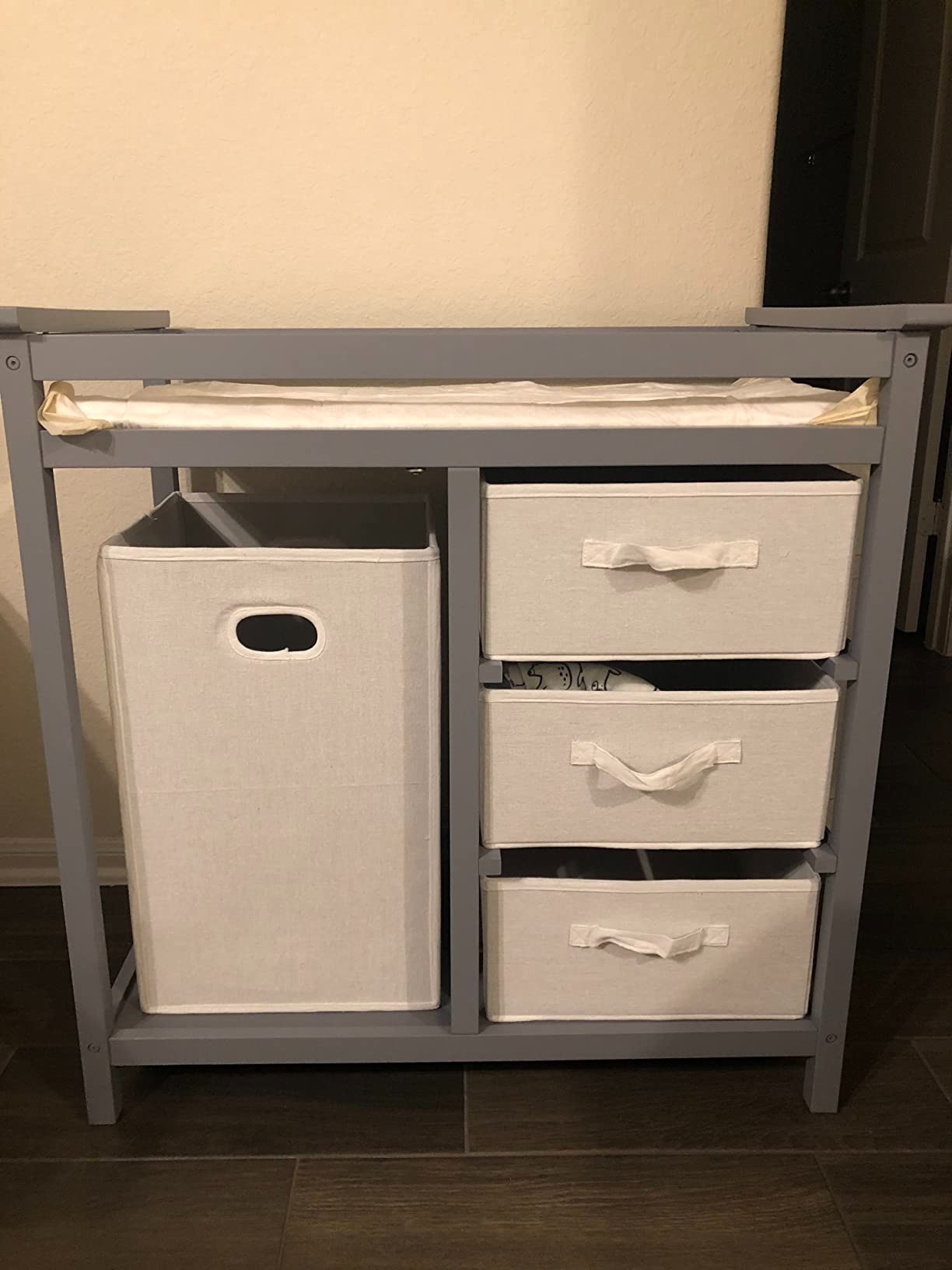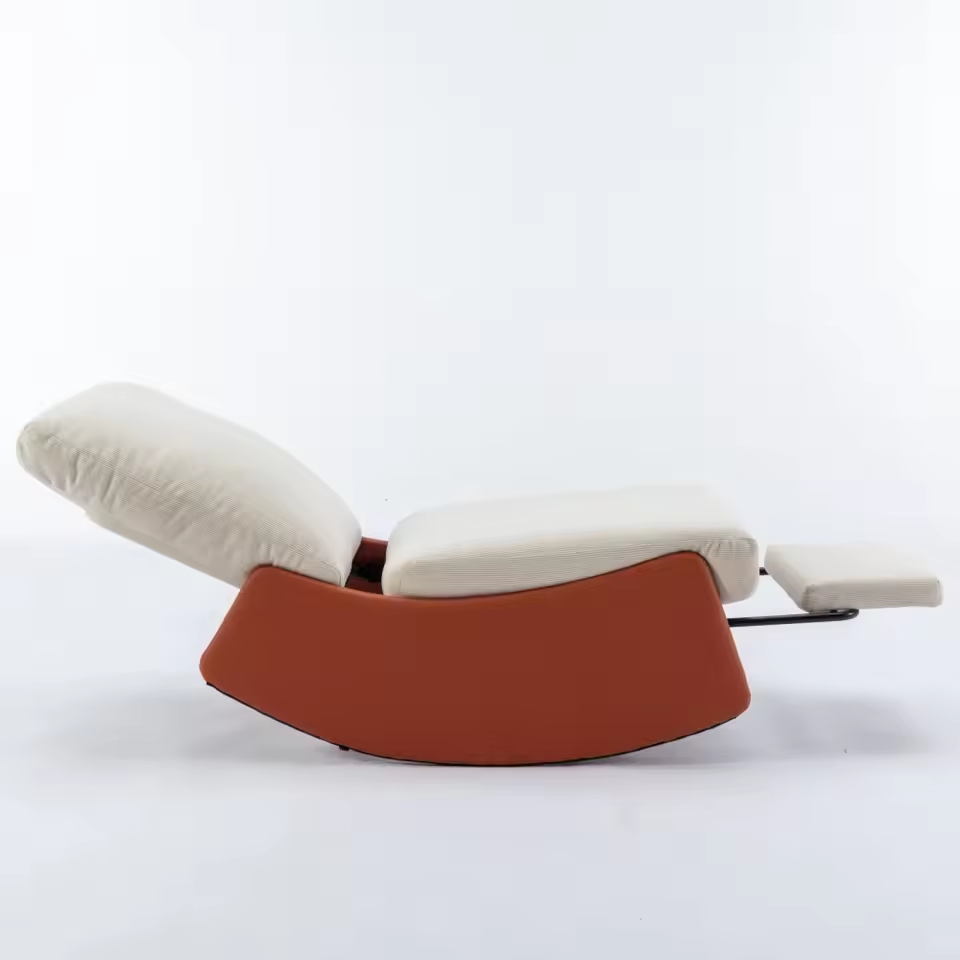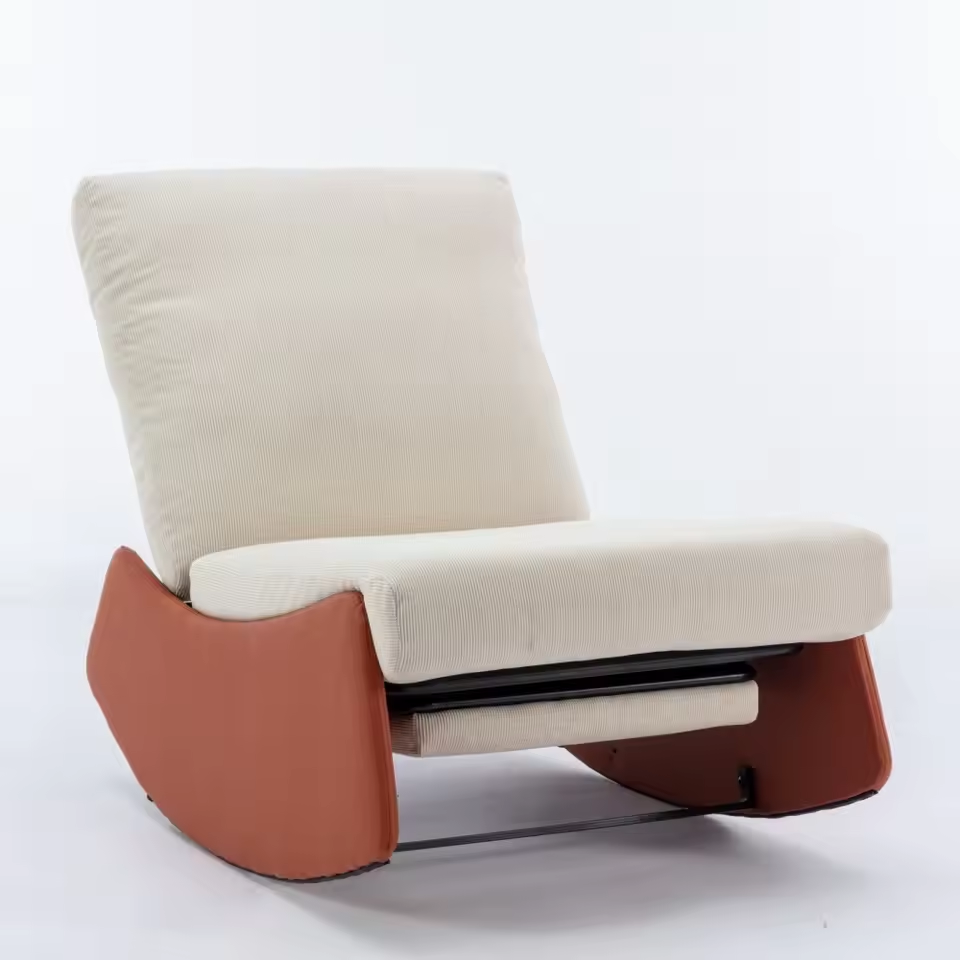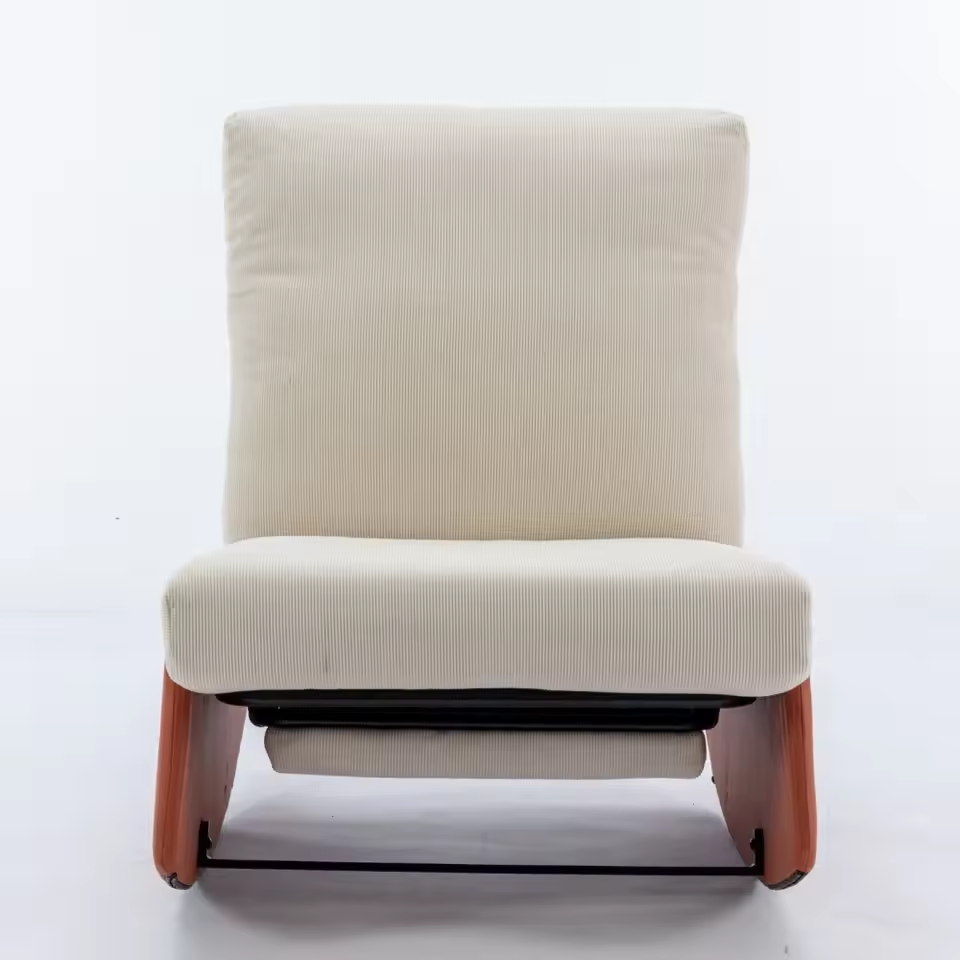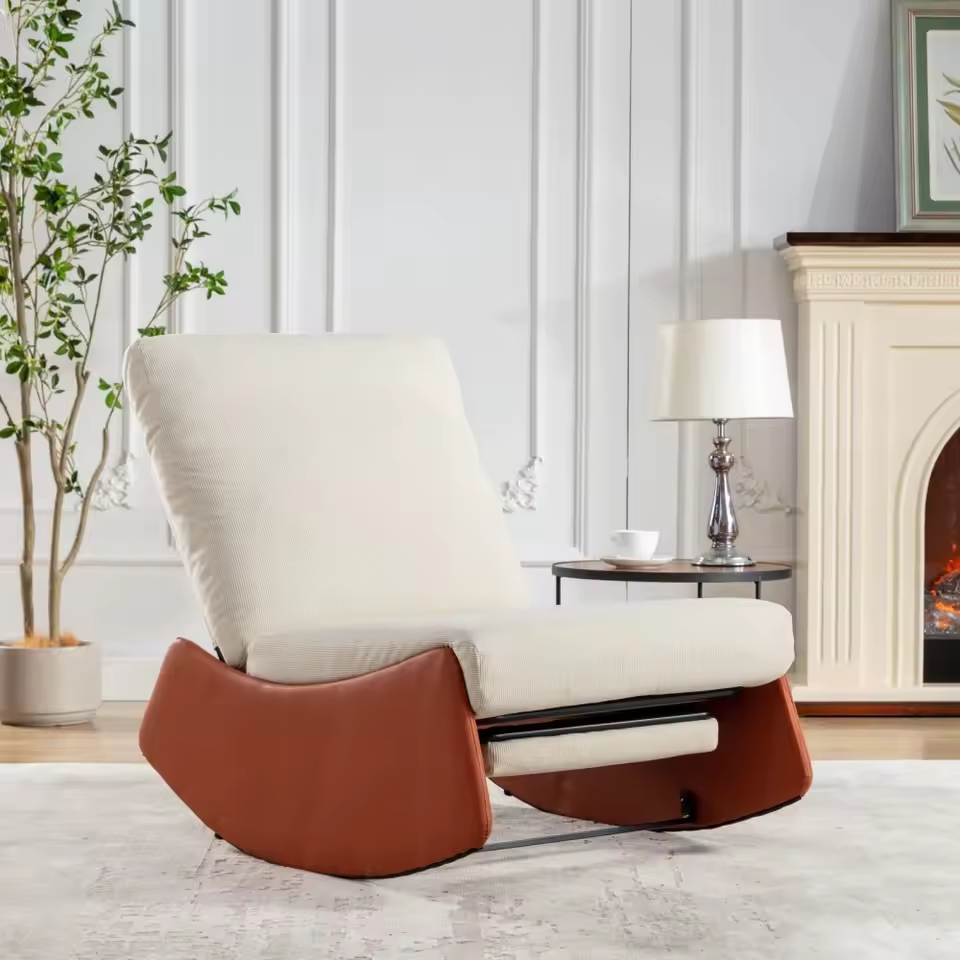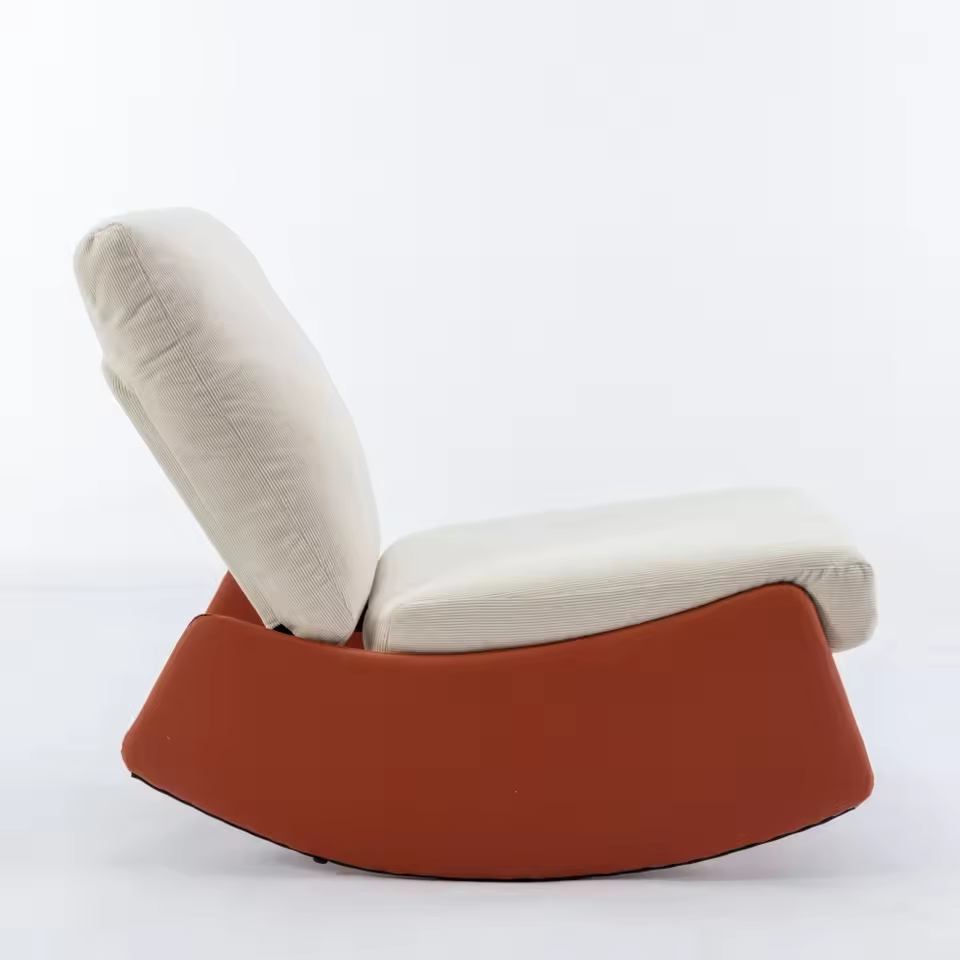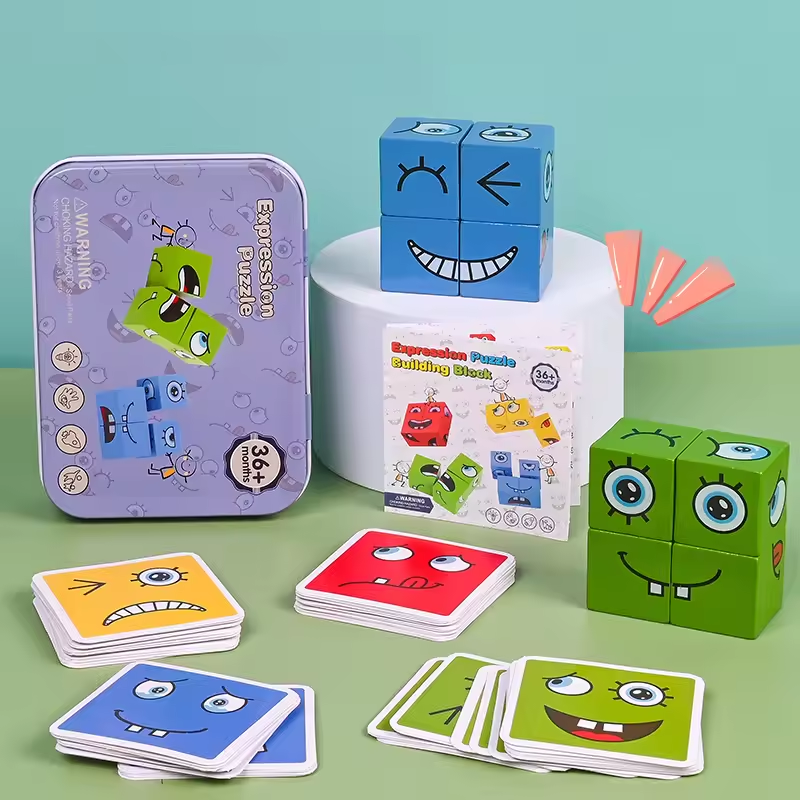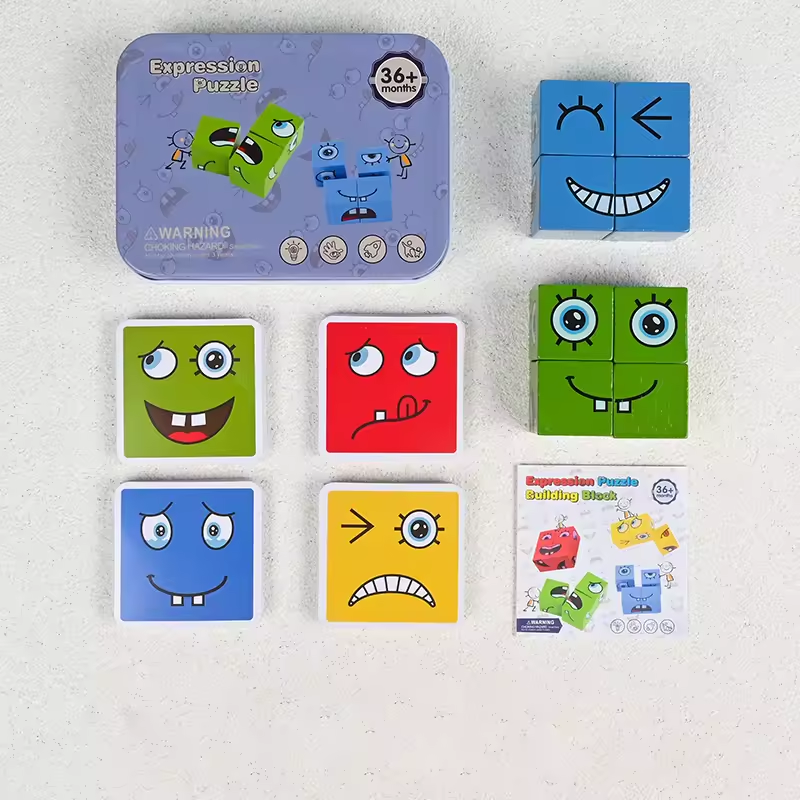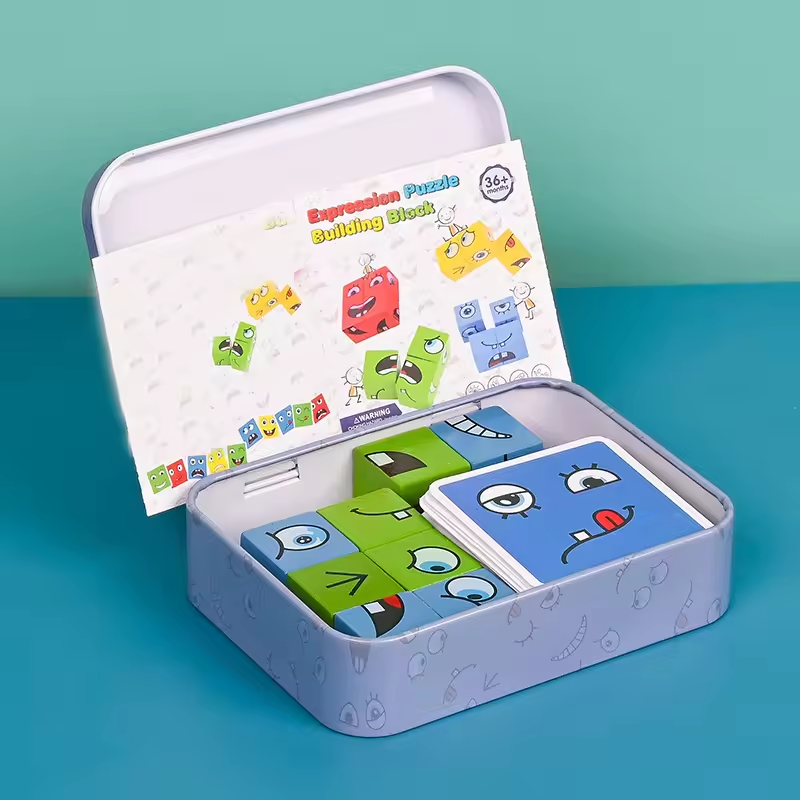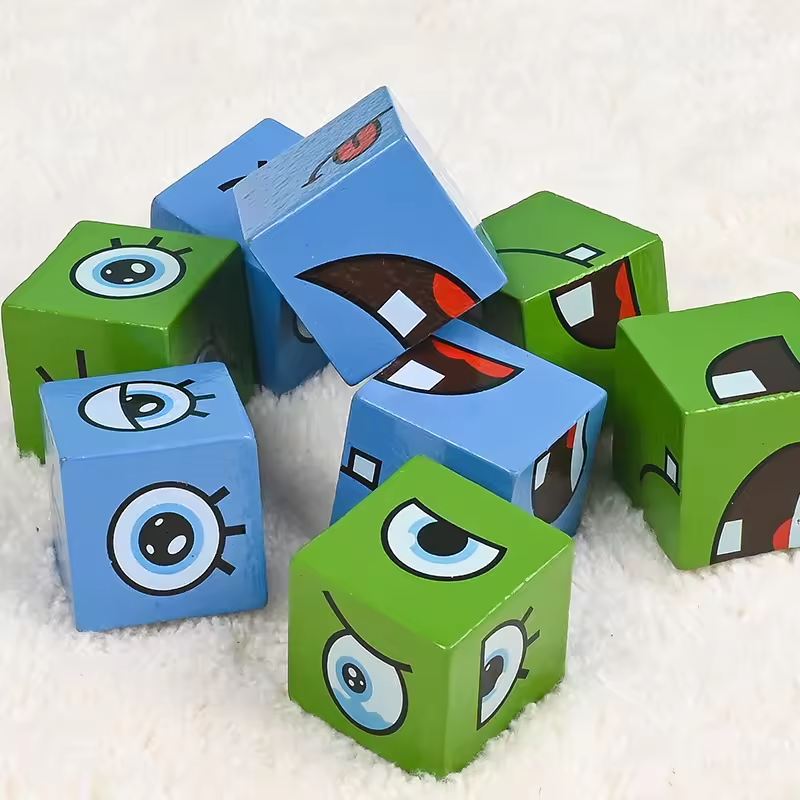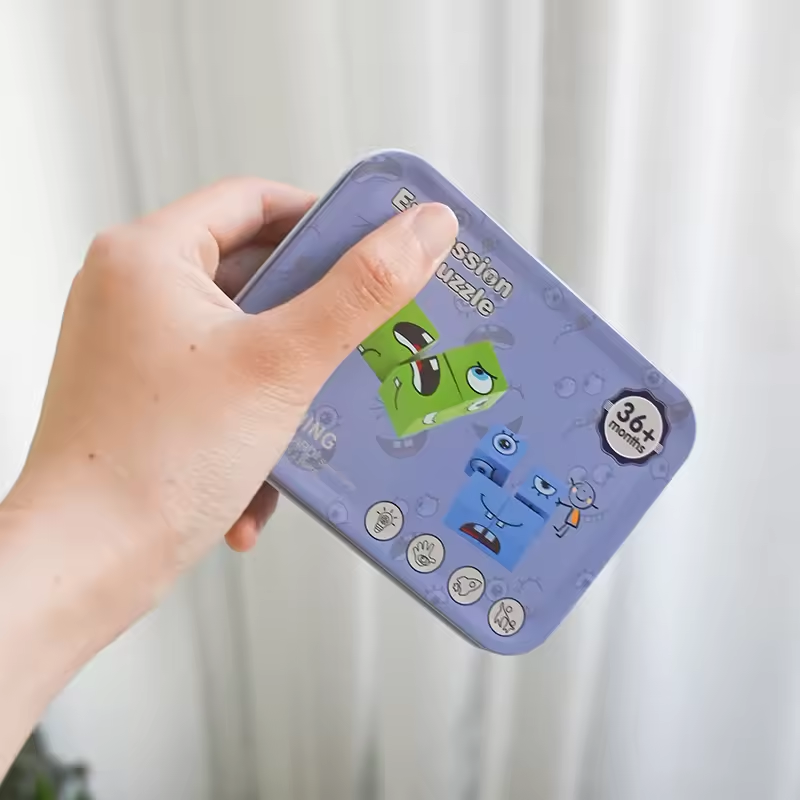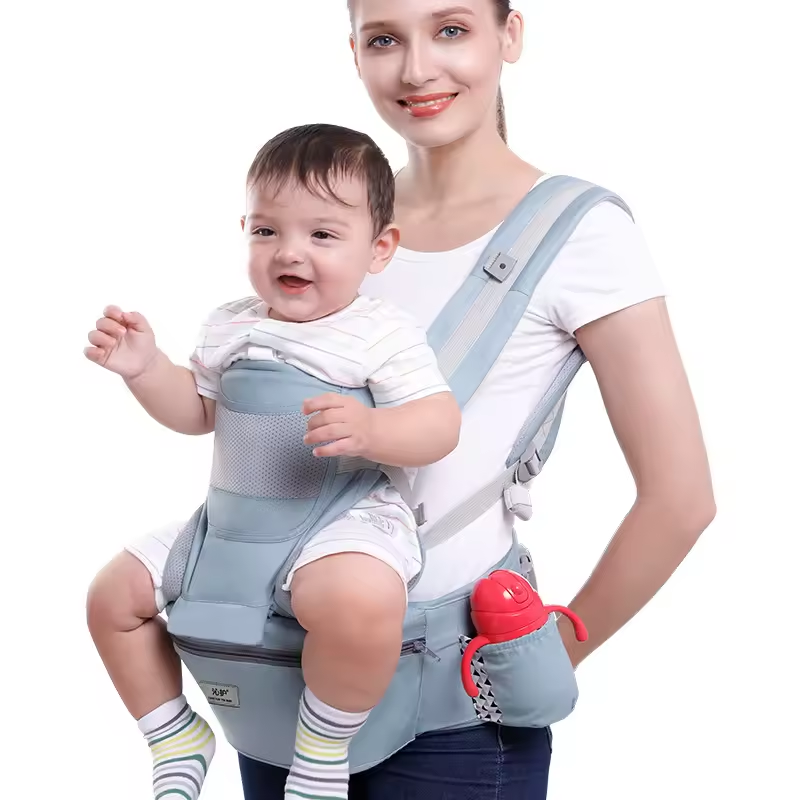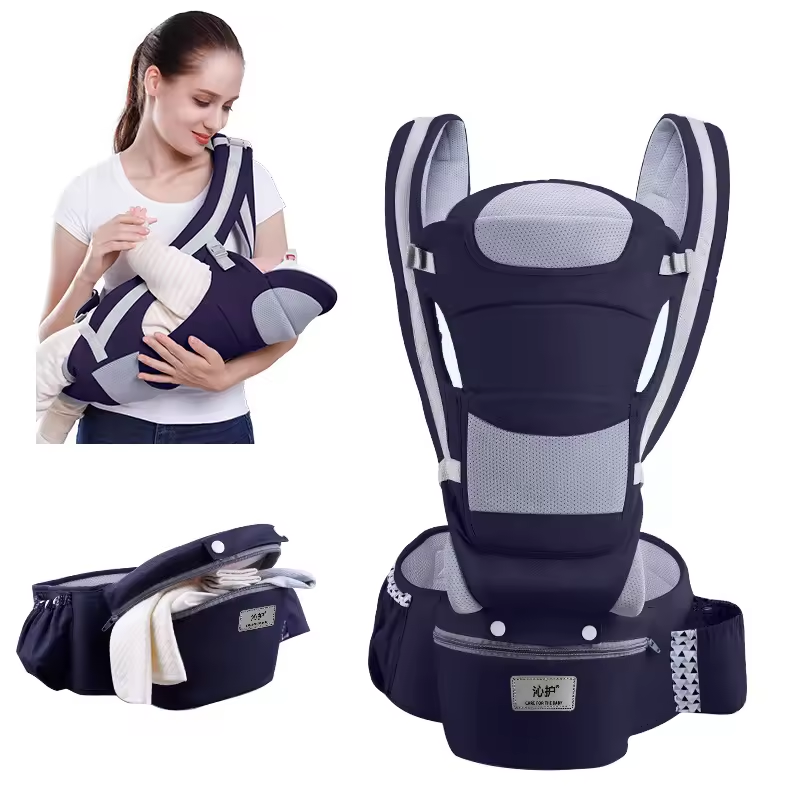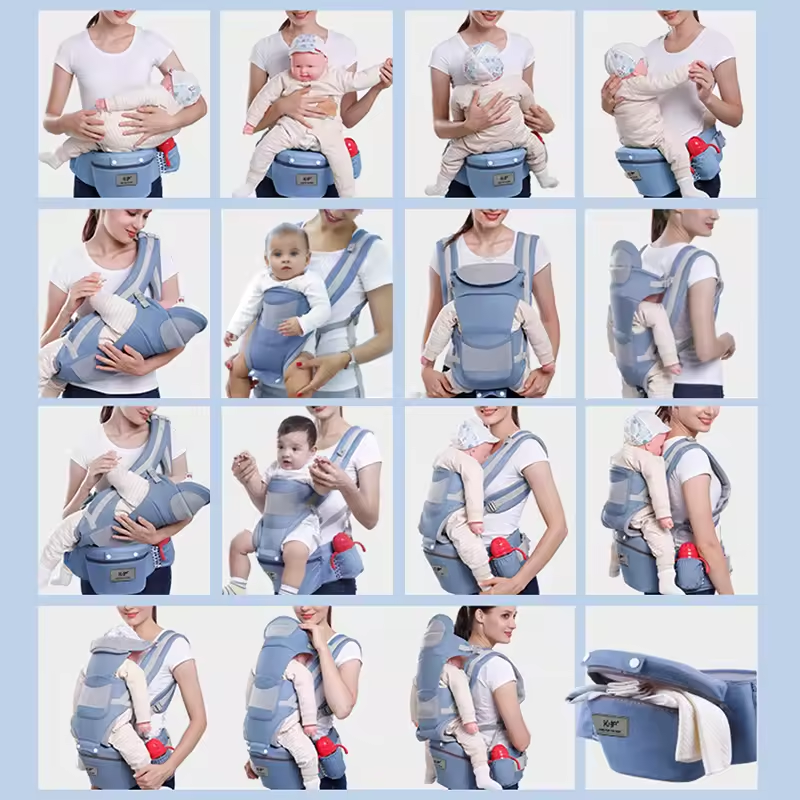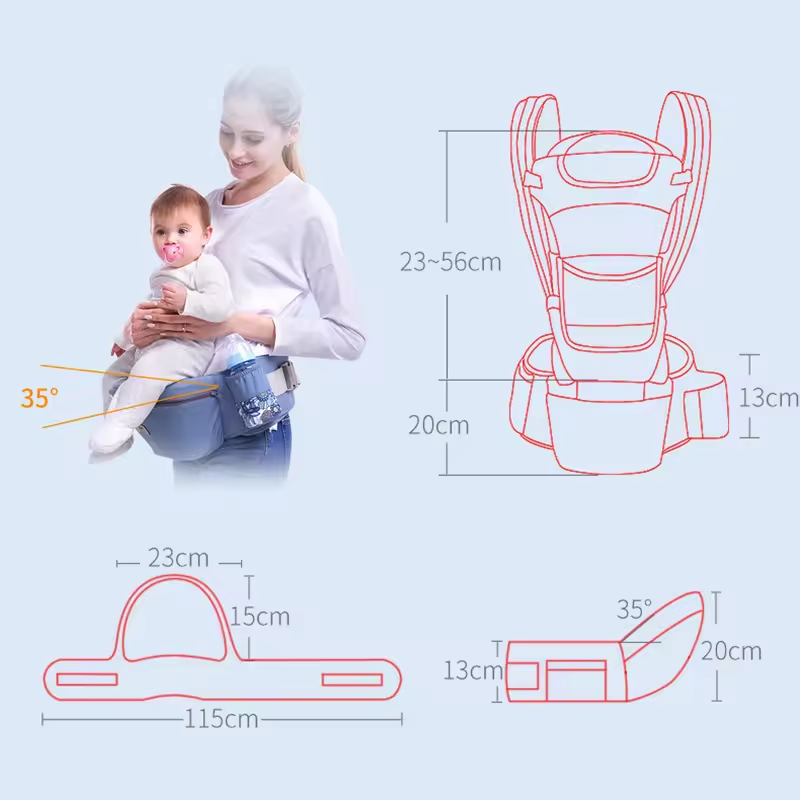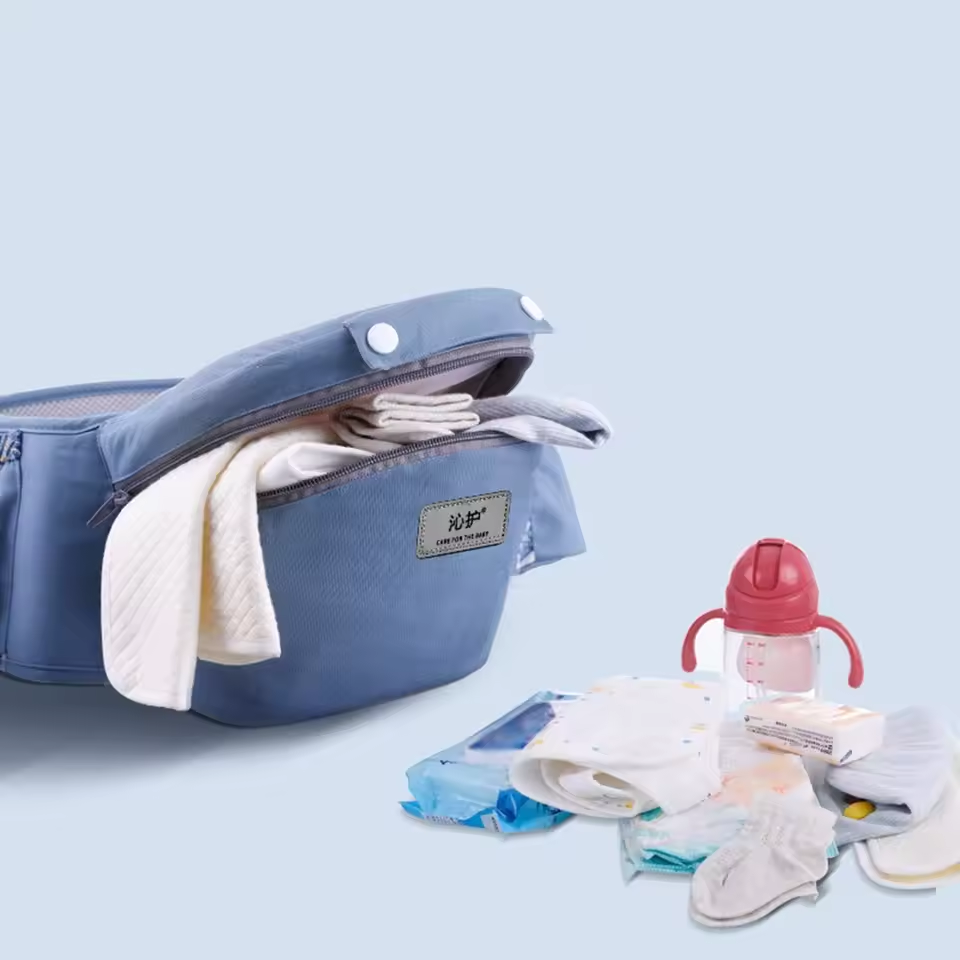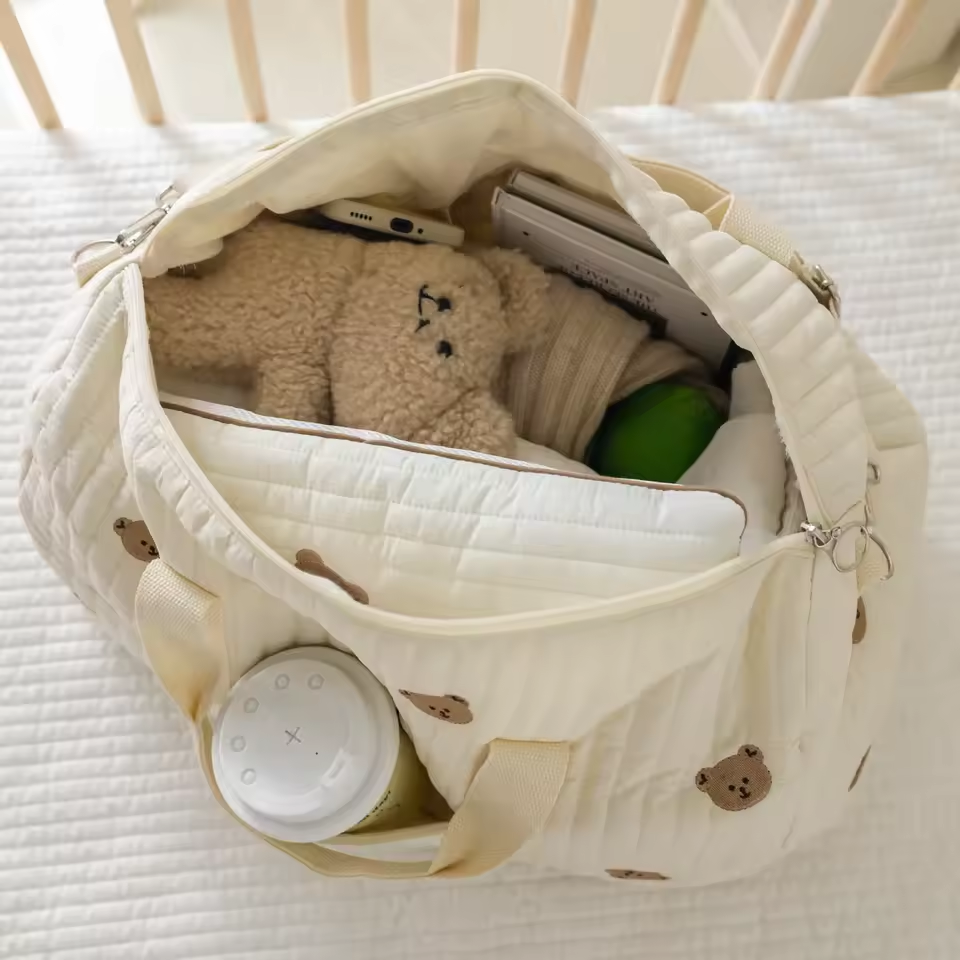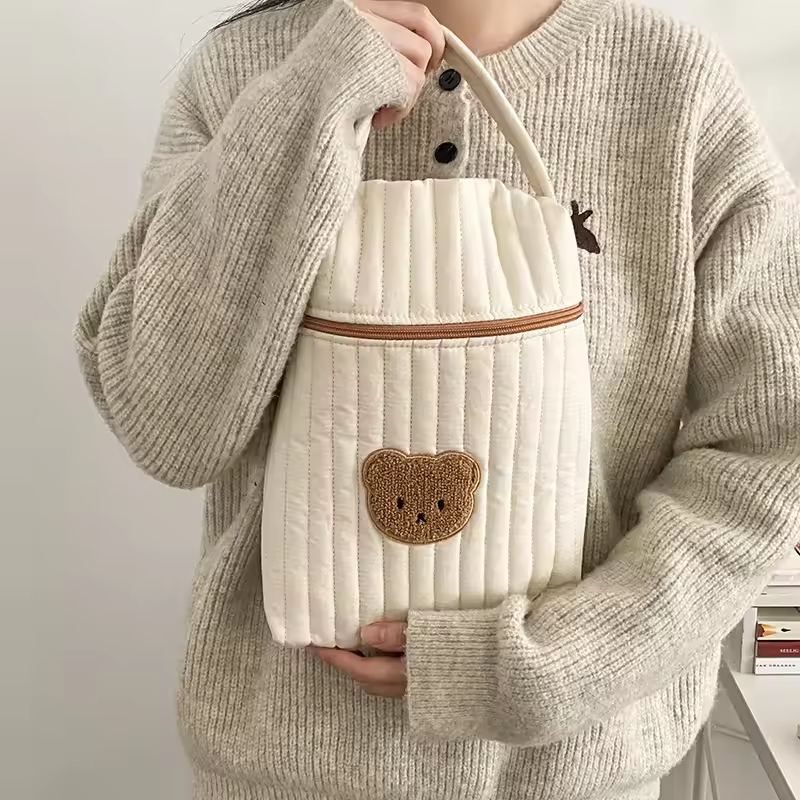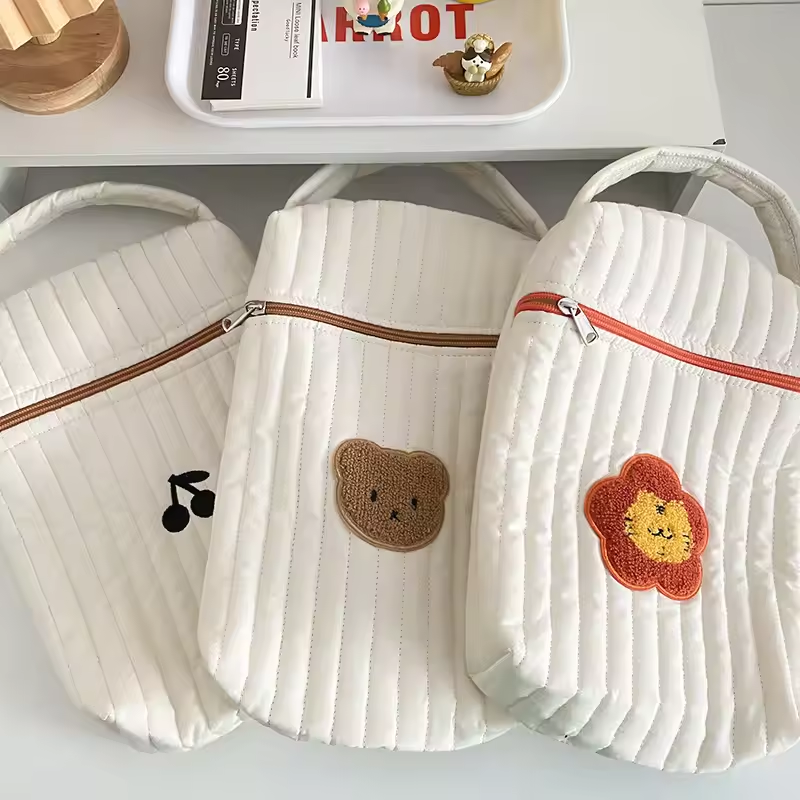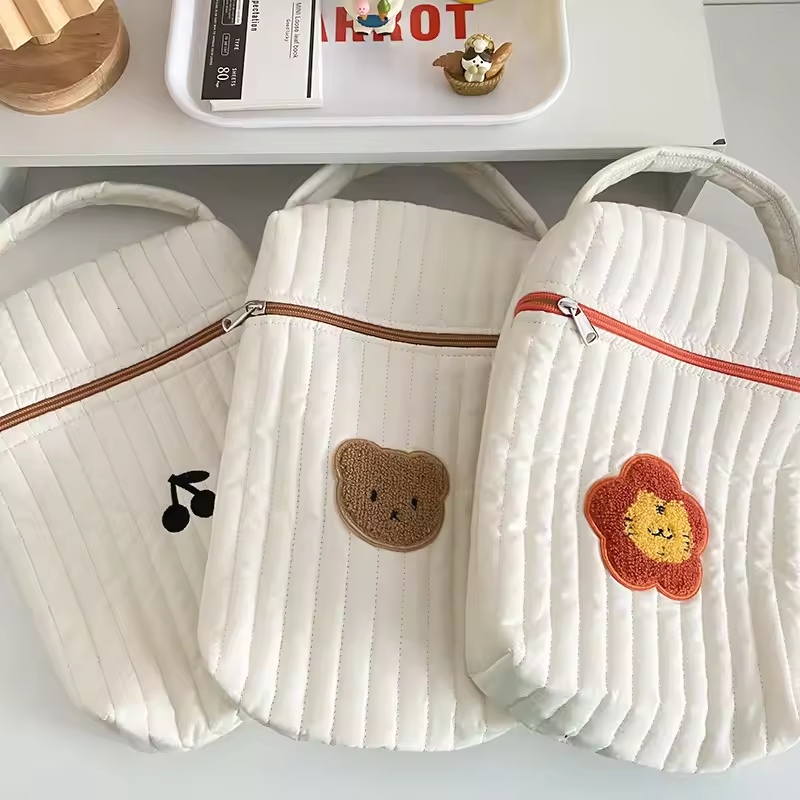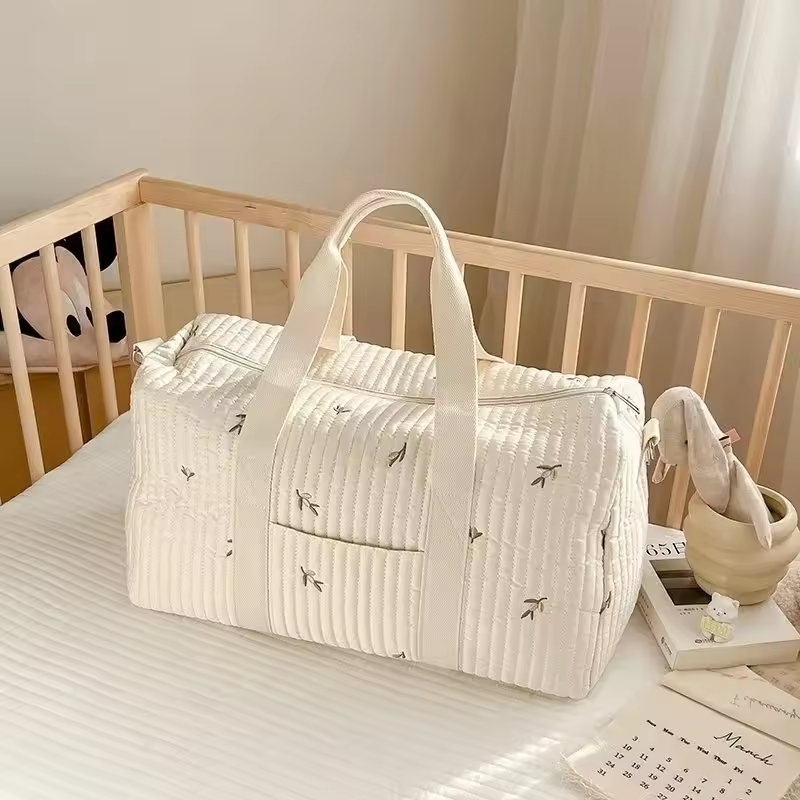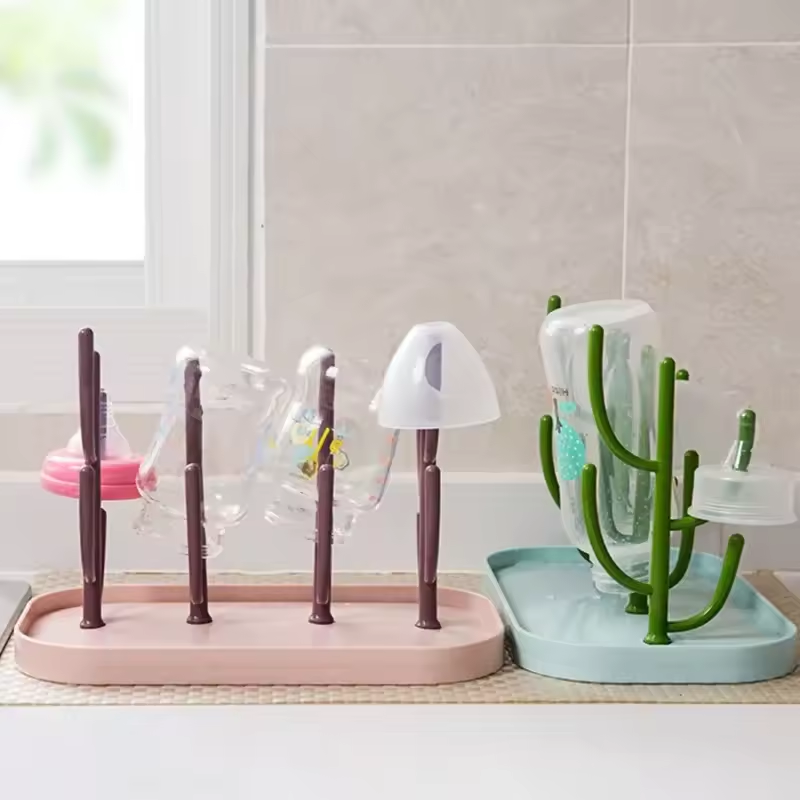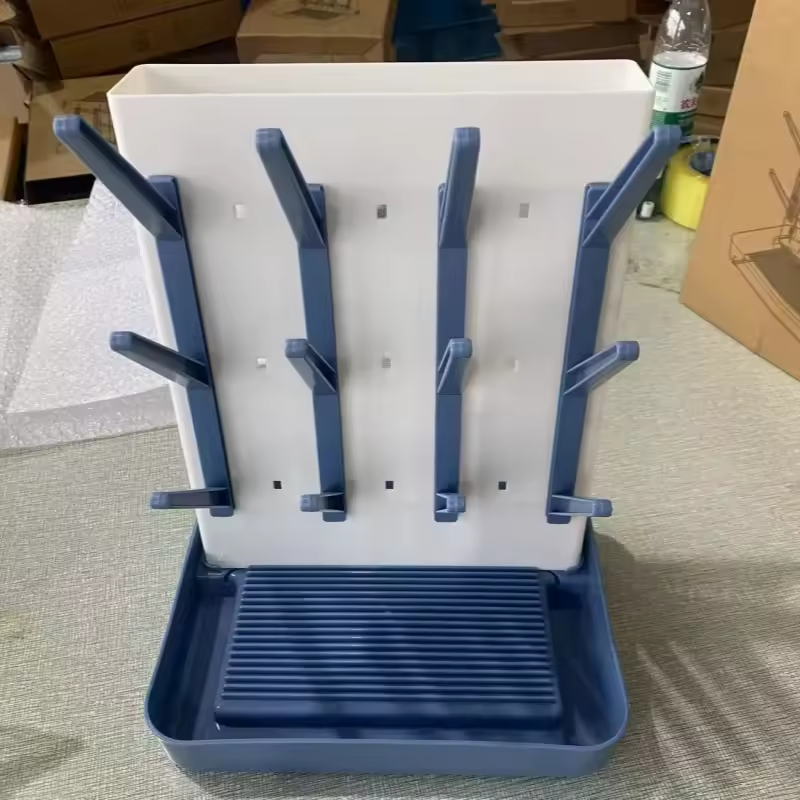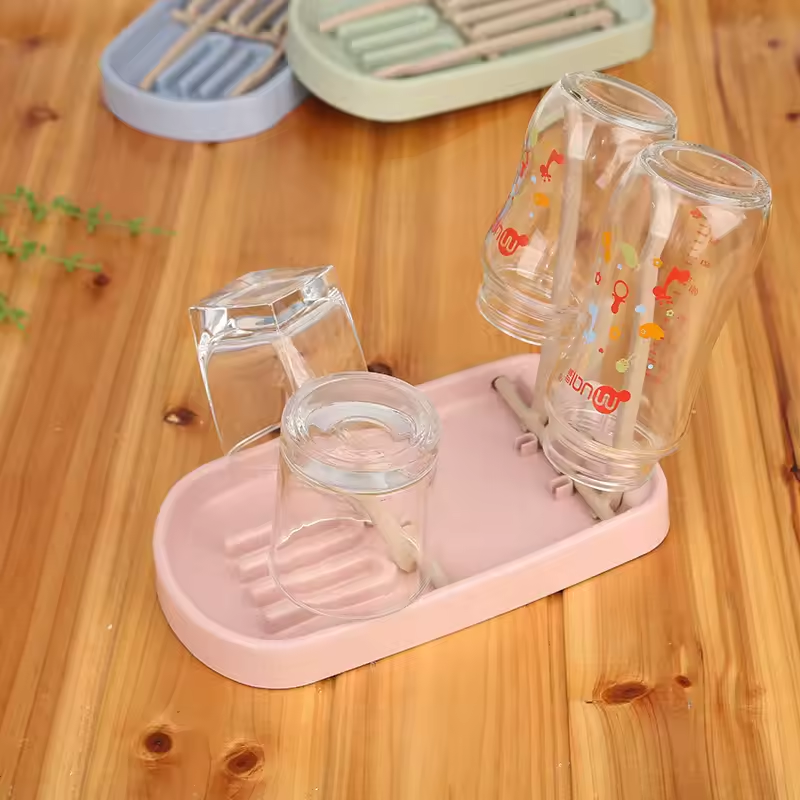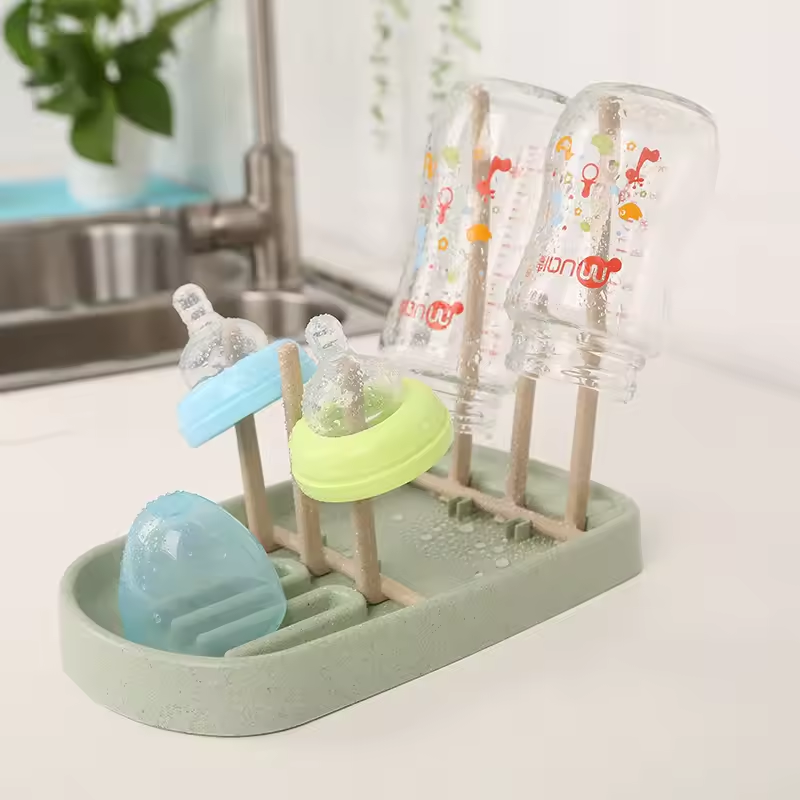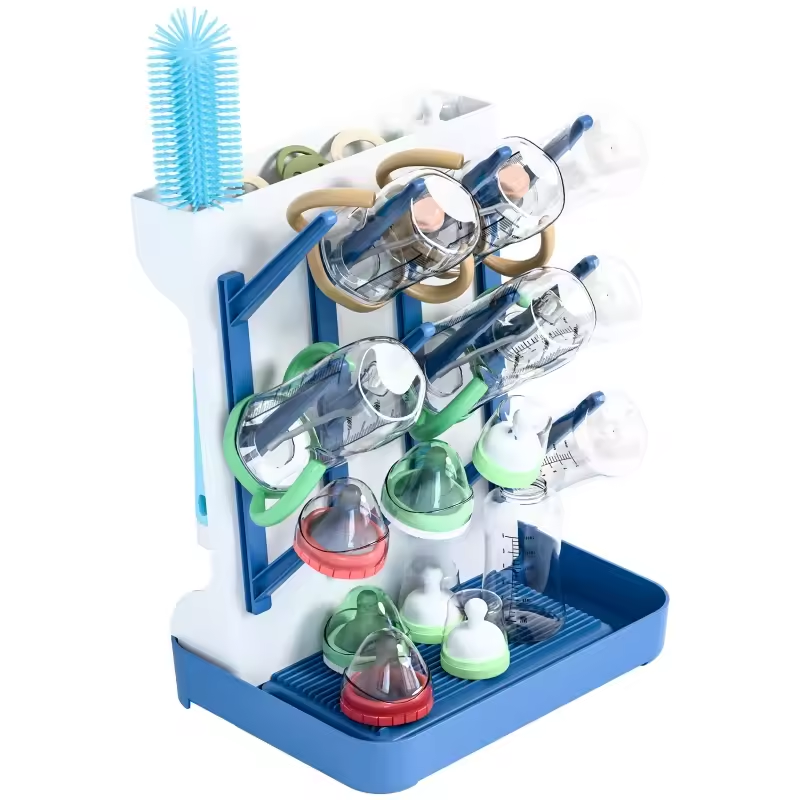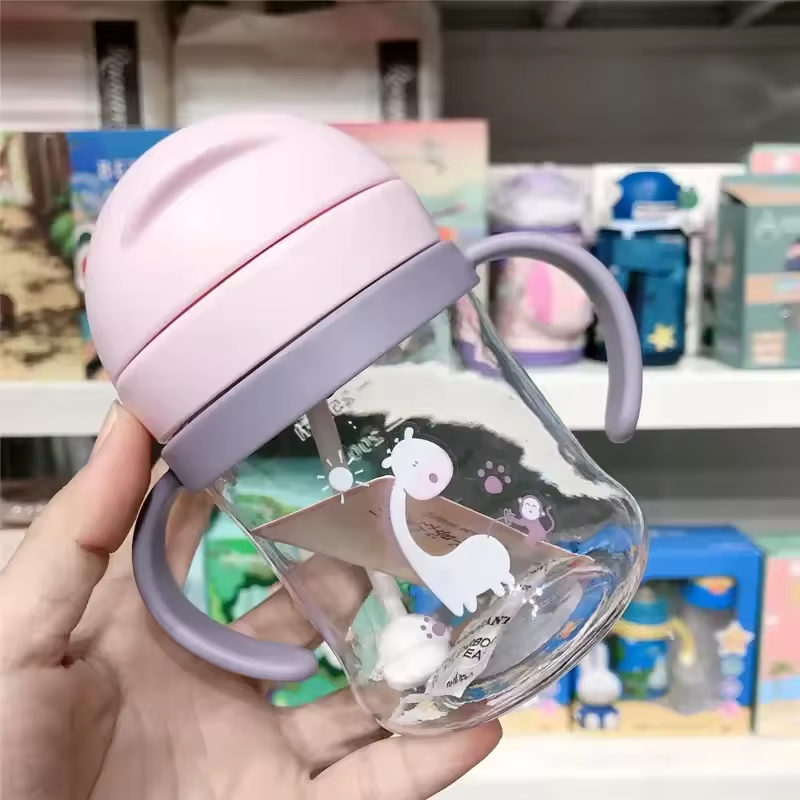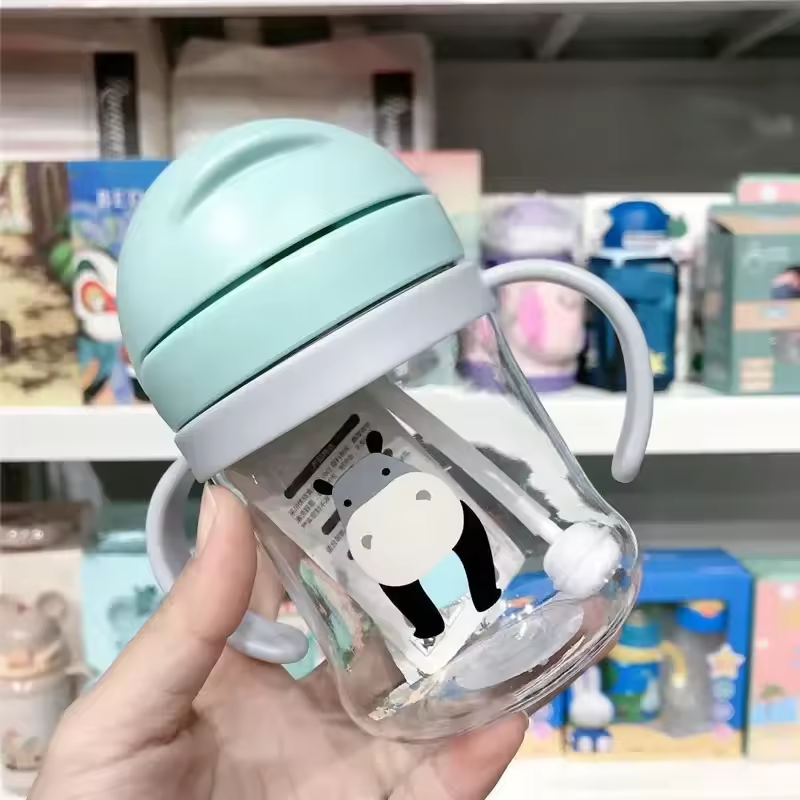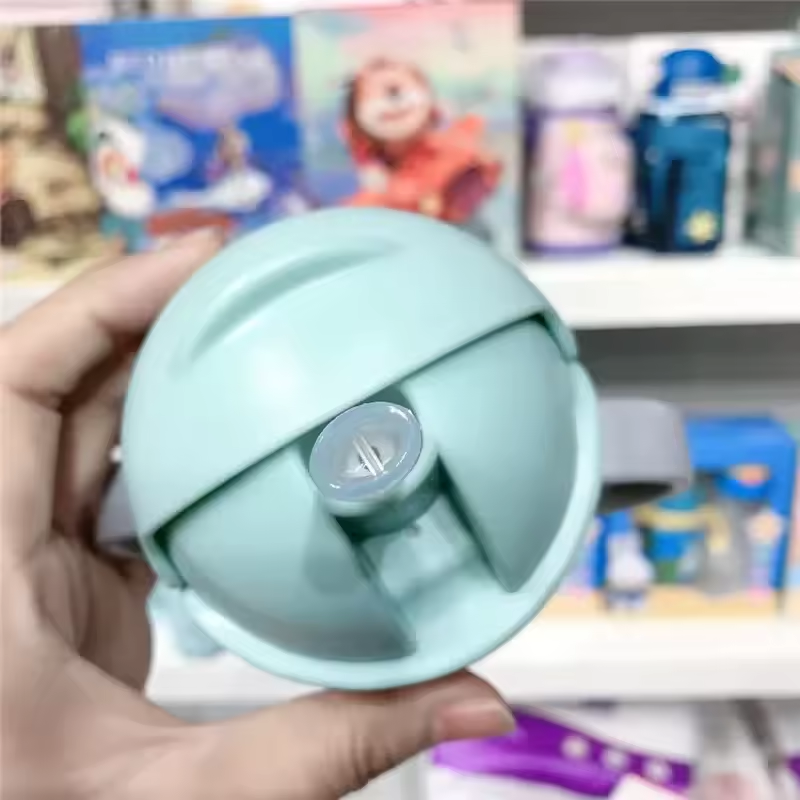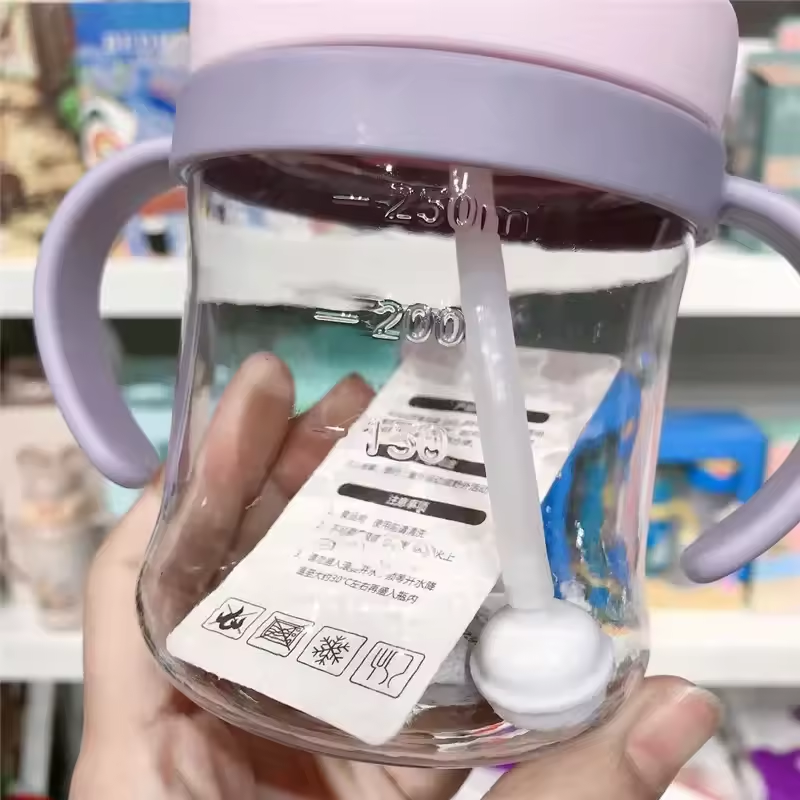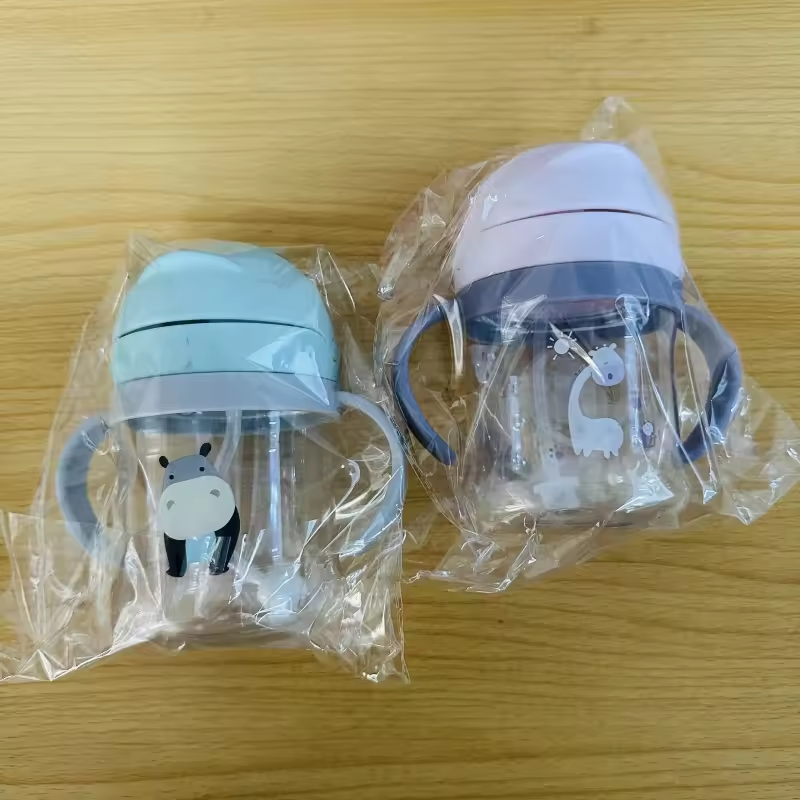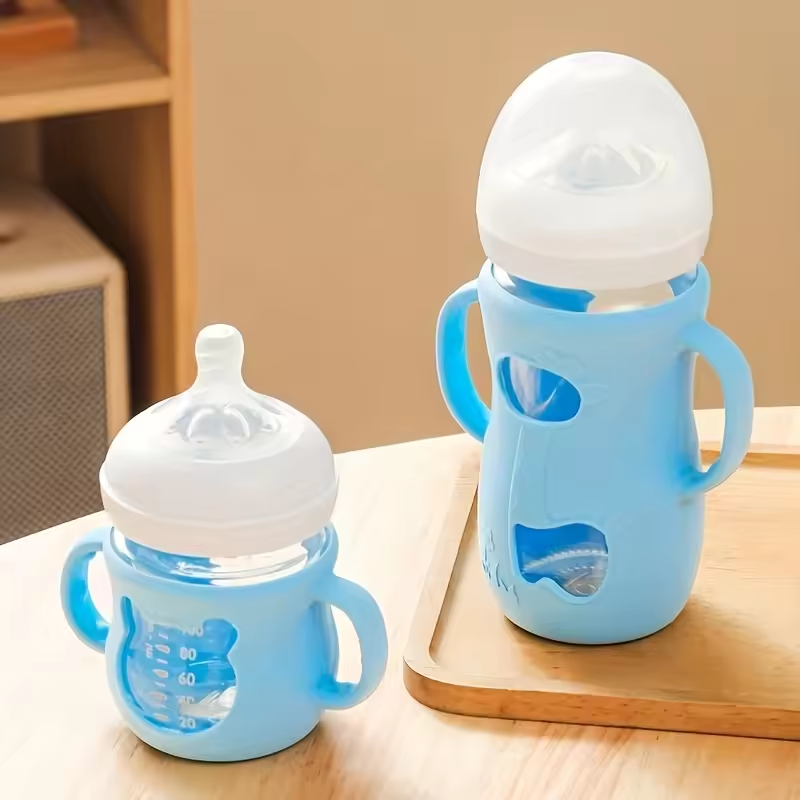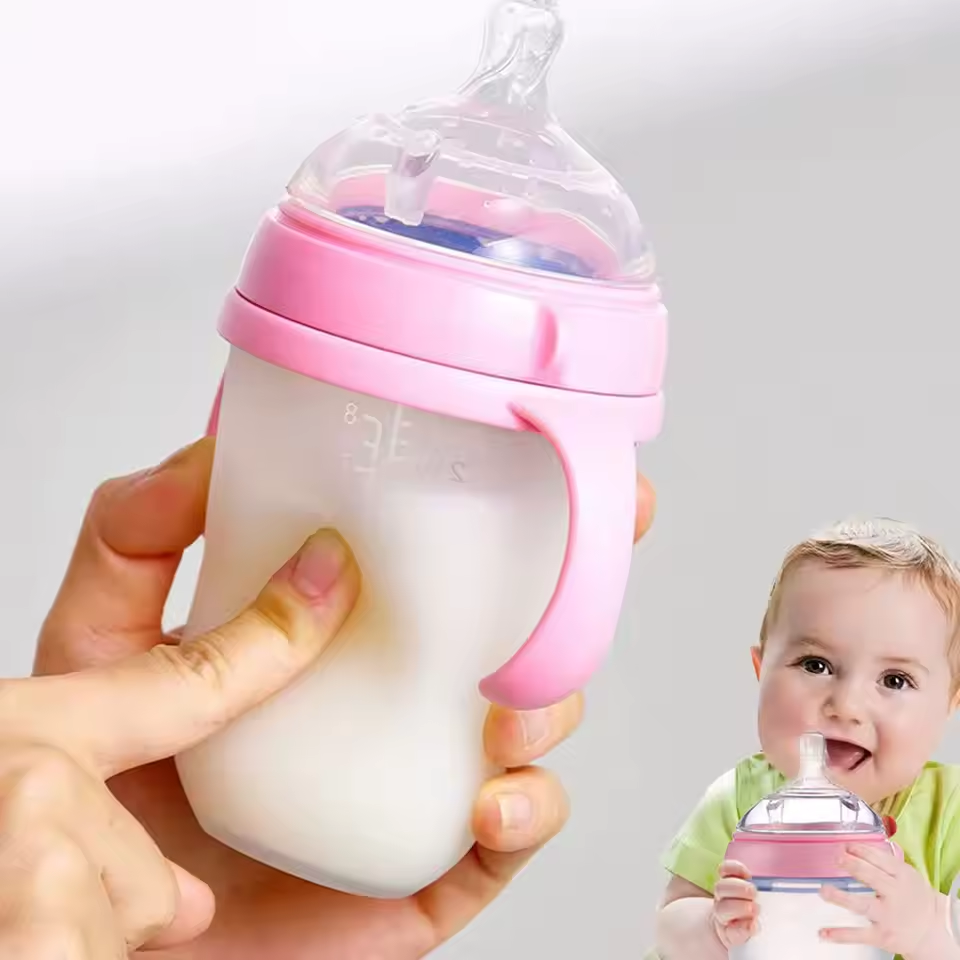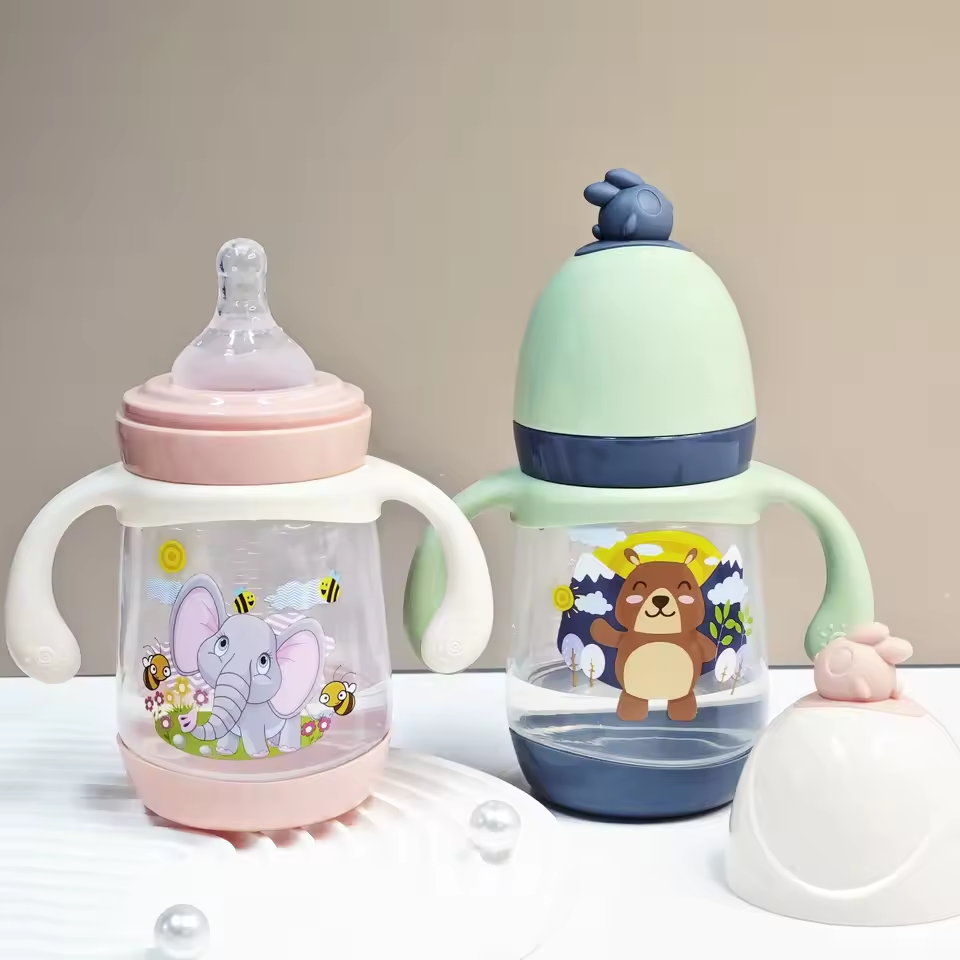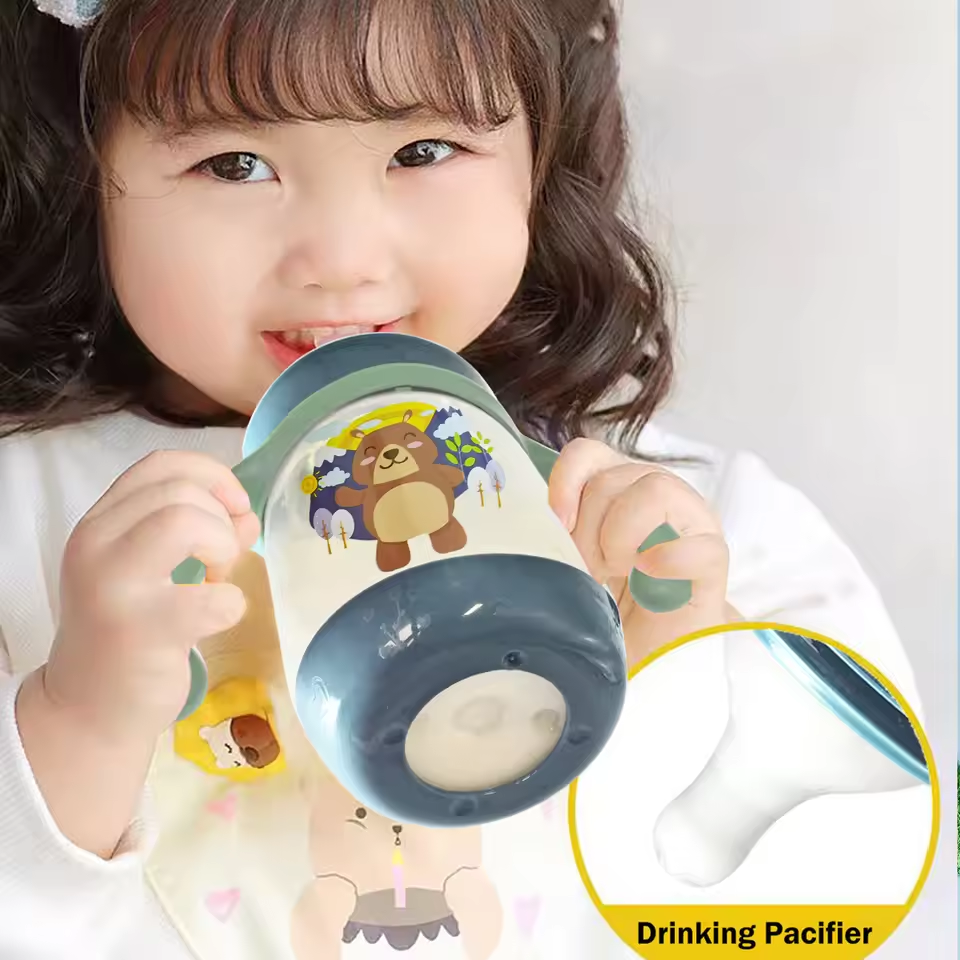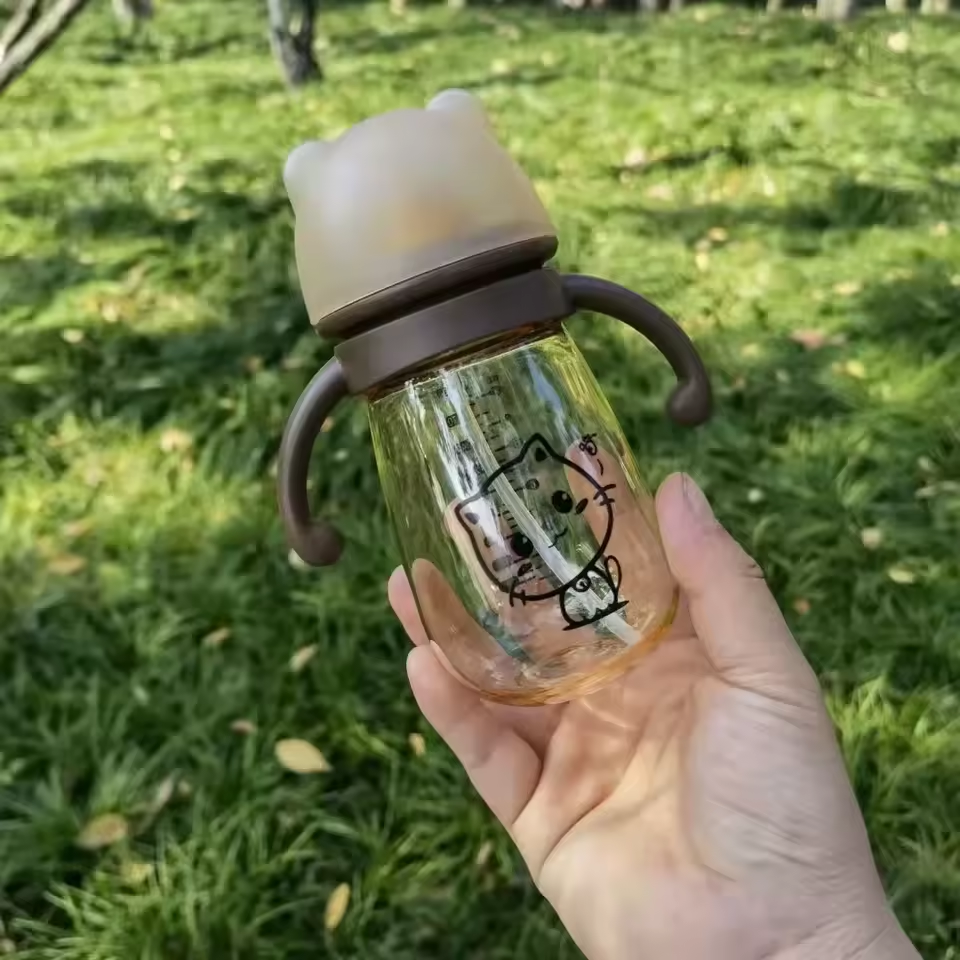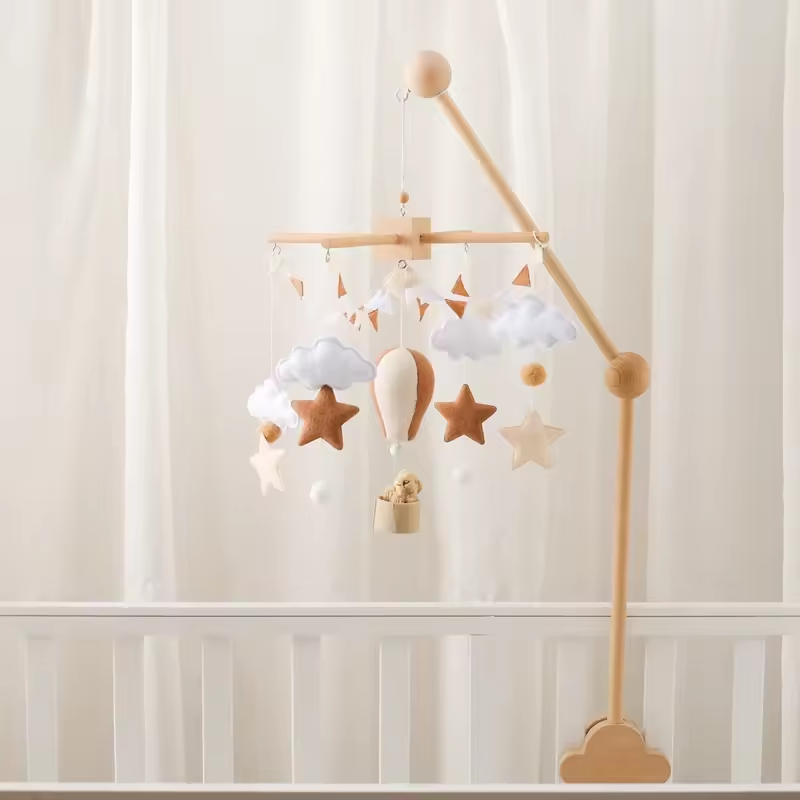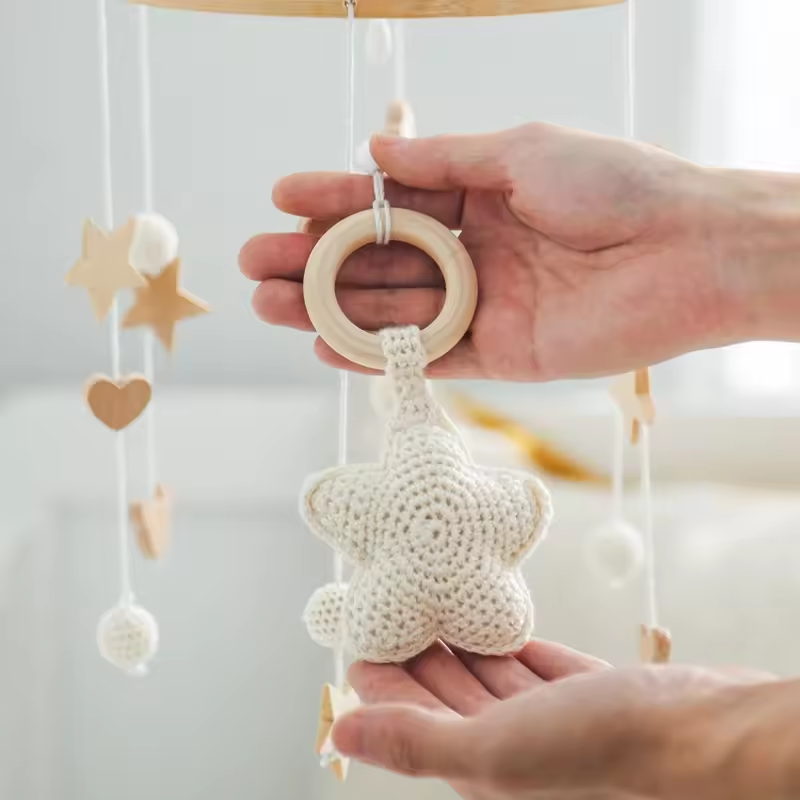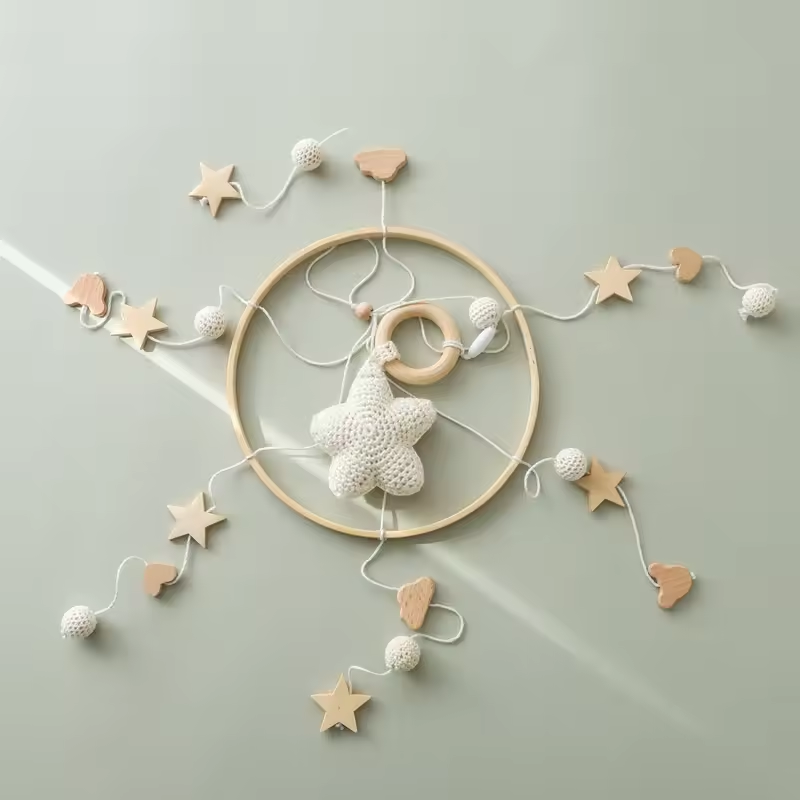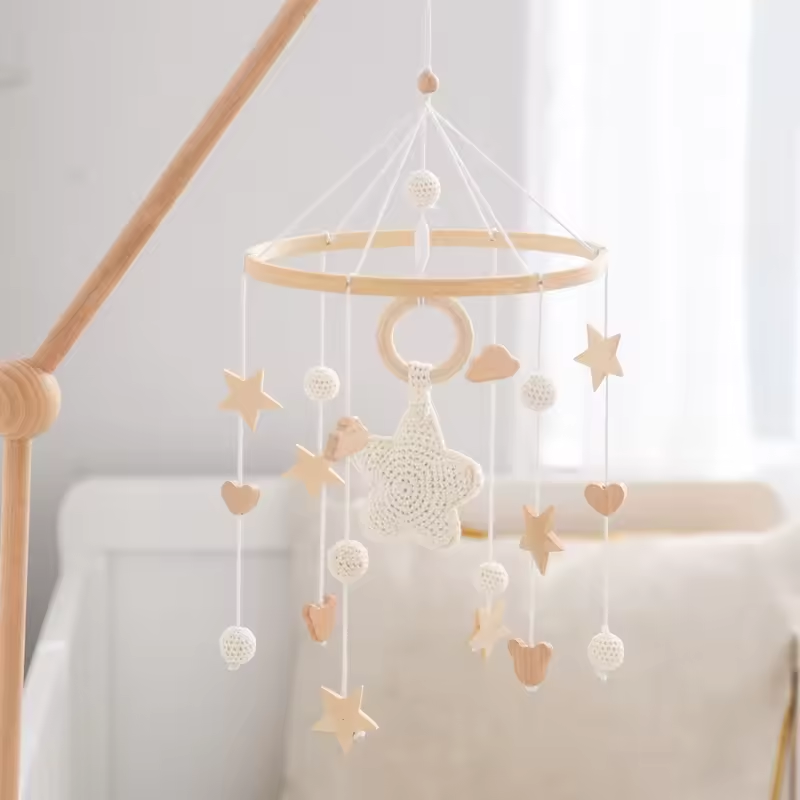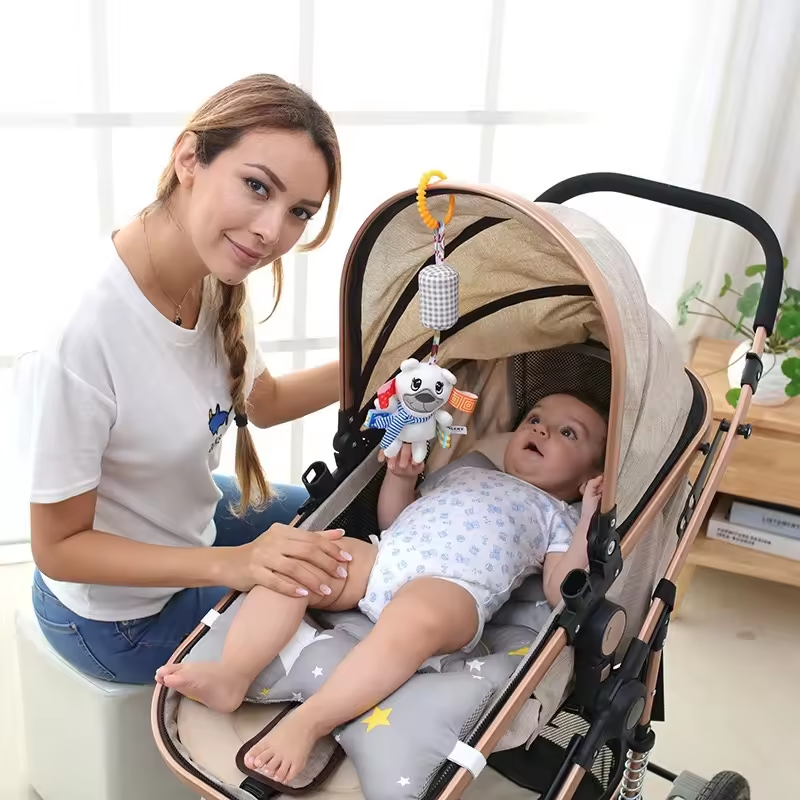The Importance of a Reliable Baby Changing Station
A reliable baby changing station is essential for ensuring safety, convenience, and hygiene during diaper changes. It provides a stable, ergonomic surface to reduce the risk of accidental falls or slips, protecting your baby from injury. At home, a dedicated station organizes supplies like diapers and wipes, saving time and minimizing clutter. In public spaces or while traveling, a portable station offers peace of mind, allowing parents to change diapers hygienically without compromising safety.
A well-designed station also promotes cleanliness by preventing spills or leaks on furniture and simplifying post-change cleanup. Investing in a durable, easy-to-maintain station ensures your baby remains comfortable and protected in every setting, making it a practical necessity for modern parenting.
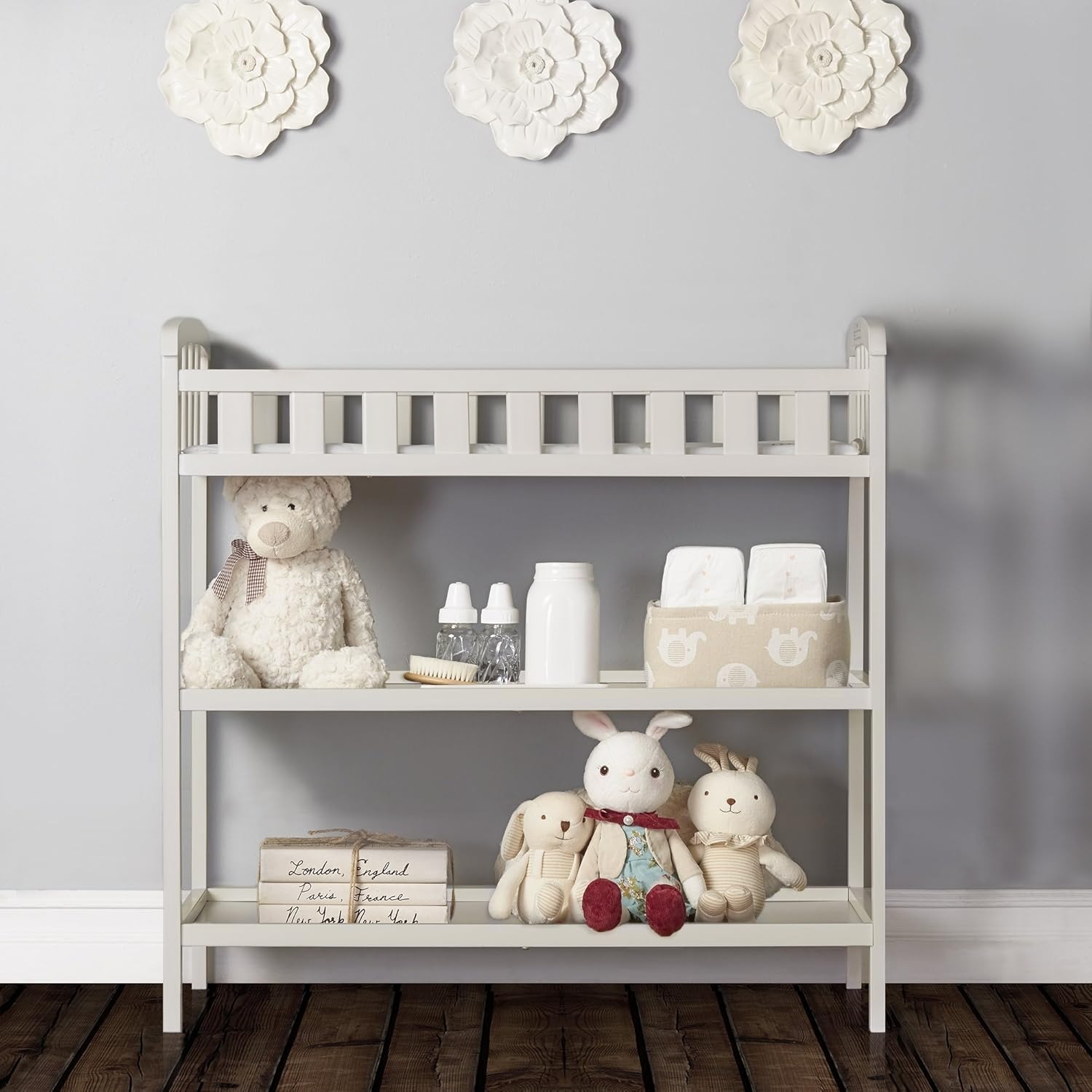
Choosing the Right Type of Baby Changing Station
Selecting the optimal baby changing station depends on your lifestyle, space, and mobility needs. Consider these key factors:
- Type and Purpose
- Freestanding stations: Ideal for home use, offering stability with storage compartments for diapers and wipes. Opt for adjustable heights to accommodate caregivers of different heights.
- Wall-mounted stations: Save space in small homes or nurseries. Ensure they’re securely bolted and have guardrails to prevent falls.
- Portable options: Essential for travel, featuring foldable mats or backpack attachments. Prioritize lightweight, waterproof materials for easy cleanup.
- Material and Safety Features
- Choose non-slip surfaces (e.g., textured plastic) to keep babies secure.
- Avoid sharp edges and ensure guardrails are sturdy enough to prevent accidental falls.
- Waterproof or removable covers simplify cleaning after leaks or spills.
- Space and Storage Needs
- If space is limited, opt for compact designs that double as storage units (e.g., under-bed stations).
- Prioritize stations with built-in organizers for wipes, creams, and disposal bags to streamline changes.
- Mobility Requirements
- Travelers need lightweight, foldable stations that fit in strollers or car trunks.
- Public users may prefer portable liners or disposable pads for hygiene in shared spaces.
By balancing functionality, safety, and practicality, you can select a station that adapts to your daily routines while ensuring your baby’s comfort and protection.
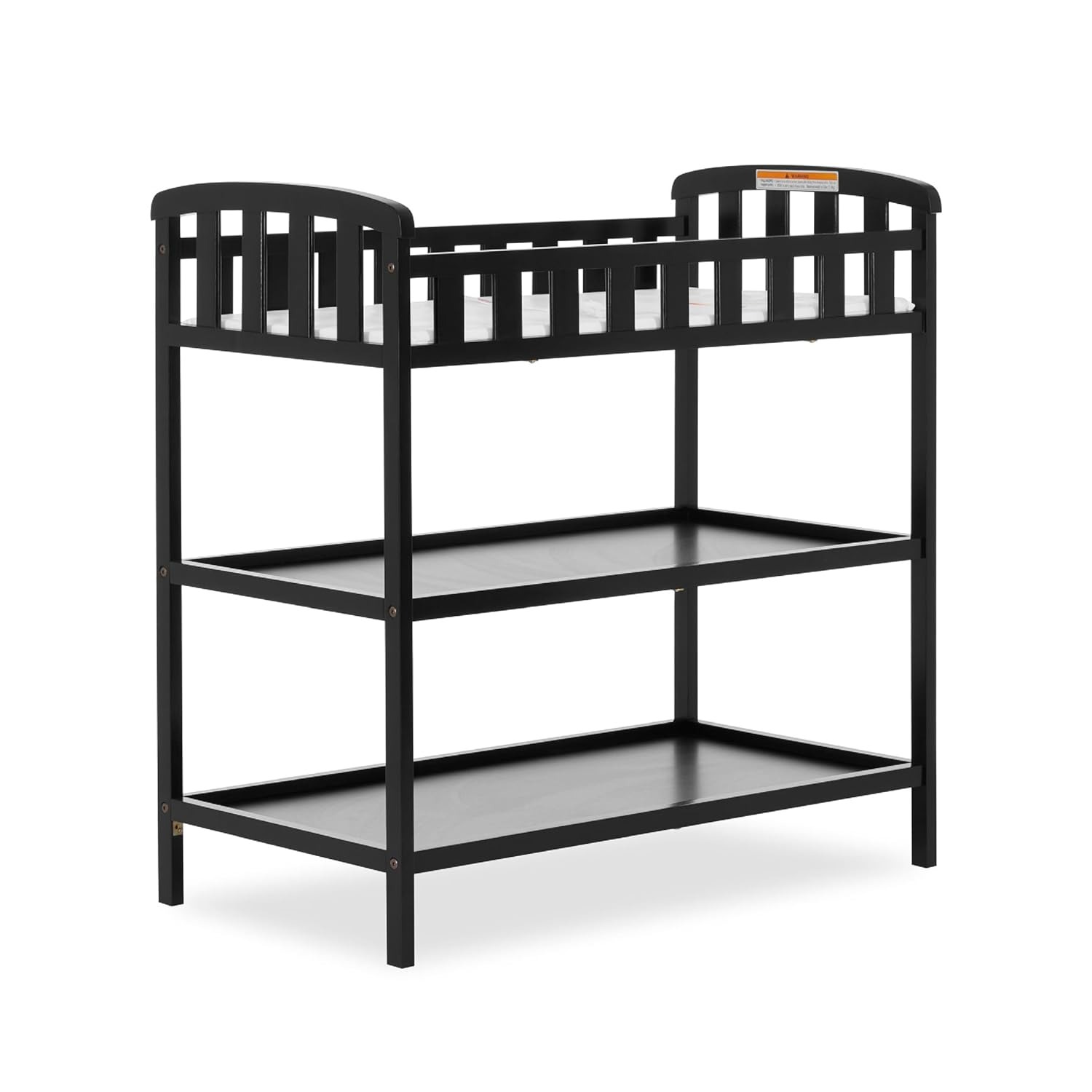
Safety Features to Prioritize
Ensuring your baby changing station is safe requires attention to design, placement, and usage habits. Prioritize these critical features:
- Guardrails and Secure Structure
- Install reinforced guardrails (at least 8–10 inches high) to prevent babies from rolling off.
- Ensure the station is sturdy and anchored (e.g., wall-mounted stations bolted into studs).
- Avoid flimsy materials; opt for durable plastic or metal frames for stability.
- Non-Slip Surface and Stability
- Use textured or padded surfaces to keep babies in place during wiggly moments.
- Choose stations with anti-tip bases or weighted designs to prevent tipping when leaning.
- Avoid placing the station on unstable surfaces (e.g., carpets with loose edges).
- Safe Storage and Clear Space
- Keep diaper tabs, creams, or wipes within reach but out of the baby’s grasp to prevent choking hazards.
- Ensure no dangling cords, straps, or small parts near the station that could strangle or pose a choking risk.
- Environmental Safety
- Position the station away from windows, heaters, or sharp objects (e.g., shelves).
- Never leave the baby unattended, even briefly—always stay within arm’s reach.
- Keep a first-aid kit nearby for emergencies like minor cuts or diaper rash irritation.
By addressing structural integrity, surface safety, and environmental risks, you create a secure environment for every diaper change.
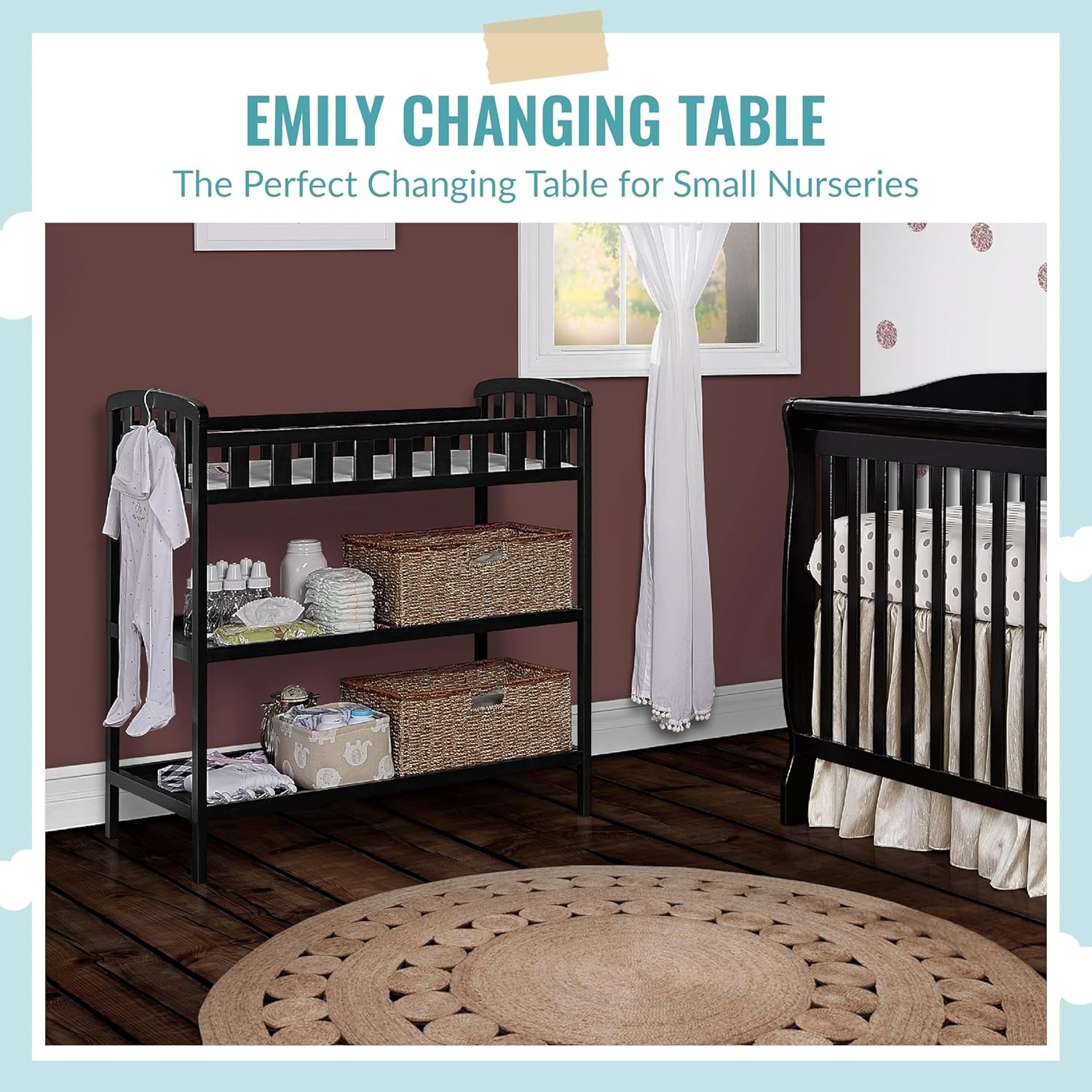
Maintaining Hygiene and Cleanliness
Hygiene is critical to prevent infections and skin irritation. Follow these steps to keep your baby changing station clean and safe:
- Immediate Post-Change Cleaning
- Wipe the surface with disinfectant wipes after every use, focusing on areas exposed to waste or spills.
- Use a damp cloth to remove residue, ensuring no chemicals linger.
- Discard soiled wipes and diapers immediately into a lined trash bin.
- Material and Design Considerations
- Opt for waterproof or silicone surfaces that resist stains and bacteria.
- Choose stations with removable, machine-washable covers for deep cleaning.
- Avoid porous materials (e.g., untreated wood) that trap moisture and germs.
- Storage and Regular Maintenance
- Store the station in a dry, well-ventilated area to prevent mold growth.
- Perform a weekly deep clean with a bleach solution (1:10 dilution) for non-porous surfaces.
- Check for cracks or wear that could harbor bacteria, and replace worn parts promptly.
- Public or Shared Space Precautions
- Use a disposable diaper-changing liner or waterproof pad over public stations to avoid direct contact with unclean surfaces.
- Carry alcohol-based wipes to sanitize public stations before use.
By prioritizing consistent cleaning, smart material choices, and proactive maintenance, you can ensure your baby’s safety and minimize health risks.
Portable Solutions for On-the-Go Parents
Mobility demands practicality. These portable baby changing station solutions keep diaper changes hygienic and stress-free during travel:
- Compact Design Options
- Foldable mats: Lightweight, waterproof pads that roll up or fold into a pouch, ideal for strollers or diaper bags.
- Backpack attachments: Clip-on stations that attach to stroller frames or backpack straps for hands-free accessibility.
- Convertible kits: Multi-use items like picnic blankets or placemats with waterproof layers for emergency changes.
- Material and Storage Tips
- Prioritize waterproof, wipe-clean materials (e.g., silicone or nylon) to handle leaks easily.
- Opt for packable designs with compression straps or zippered cases to save space in luggage.
- Pair with a dedicated travel kit containing wipes, diapers, and a disposal bag for quick setups.
- On-the-Go Usage Strategies
- Use public surfaces (e.g., restaurant tables) with disposable liners for hygiene.
- Pre-plan stops at airports, parks, or hotels with baby-friendly facilities to minimize last-minute scrambling.
- Keep a mini first-aid pack nearby for unexpected skin irritations or minor accidents.
By investing in lightweight, versatile options and smart packing habits, parents can navigate travel confidently while maintaining hygiene and safety.
Public Baby Changing Stations: What to Look For
Using public baby changing stations requires vigilance to ensure safety and hygiene. Prioritize these factors when selecting a station:
- Safety Checks
- Inspect for sturdy guardrails (at least 8–10 inches high) and a stable structure to prevent falls.
- Avoid stations with cracks, loose bolts, or sharp edges.
- Ensure the surface is level and free of spills or debris.
- Hygiene and Cleanliness
- Check for visible dirt, stains, or moisture. Use disposable liners or your own changing pad for extra protection.
- Look for stations with built-in wipe dispensers or sanitizer stations nearby.
- Location and Privacy
- Choose stations in well-lit, low-traffic areas to reduce distractions.
- Opt for stalls with closable doors or privacy shields to avoid exposing your baby in open spaces.
- Essential Supplies
- Confirm availability of basic items like diapers, wipes, and disposal bags—carry backups in case supplies run out.
- Emergency Readiness
- Keep a travel-sized first-aid kit for minor injuries or skin irritation.
- Stay alert to nearby exits or staff in case of emergencies.
By prioritizing safety, hygiene, and preparedness, parents can navigate public stations confidently while safeguarding their baby’s well-being.
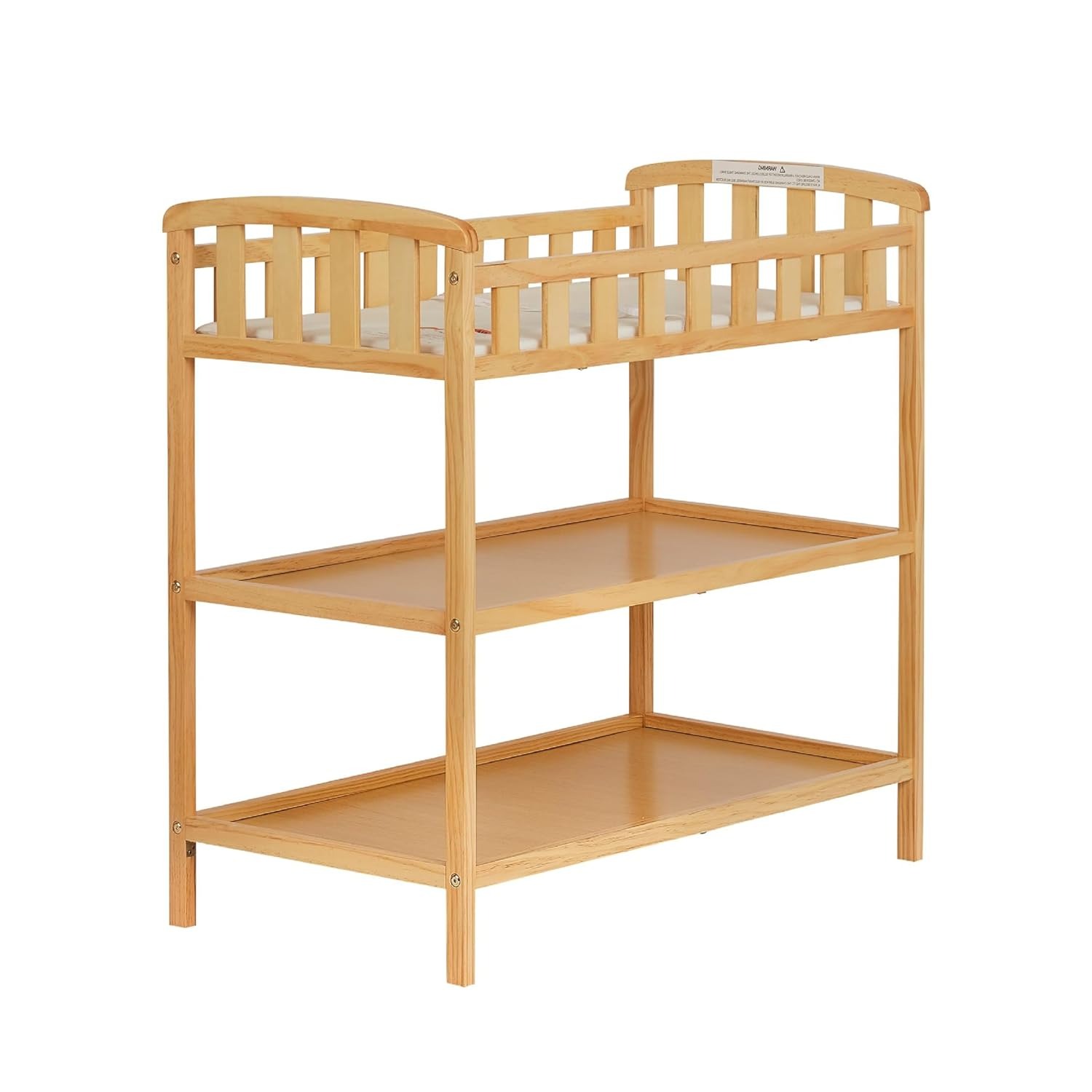
DIY Options and Creative Alternatives
Maximize affordability and adaptability with these baby changing station DIY ideas:
- Repurpose Existing Furniture
- Convert a sturdy tabletop or dresser into a station by adding a non-slip mat and safety straps.
- Install a wall-mounted shelf with a padded cover for a minimalist design.
- Use a foldable craft table with a waterproof liner for temporary setups.
- Storage Solutions
- Attach a magnetic organizer to the underside of a changing surface for quick access to supplies.
- Repurpose a shoe organizer hung on a closet door** to store diapers, wipes, and creams.
- Portable DIY Kits
- Create a travel kit with a foldable waterproof mat, bungee cords (to secure it to strollers), and a disposable liner pouch.
- Use a picnic blanket with a waterproof layer as a budget-friendly emergency changing surface.
- Safety Enhancements
- Add Velcro straps or baby-safe adhesive guards to edges of DIY stations for stability.
- Place a non-slip rug beneath the station to prevent sliding during use.
These creative solutions balance cost-effectiveness with safety, allowing customization to fit unique living or travel needs.
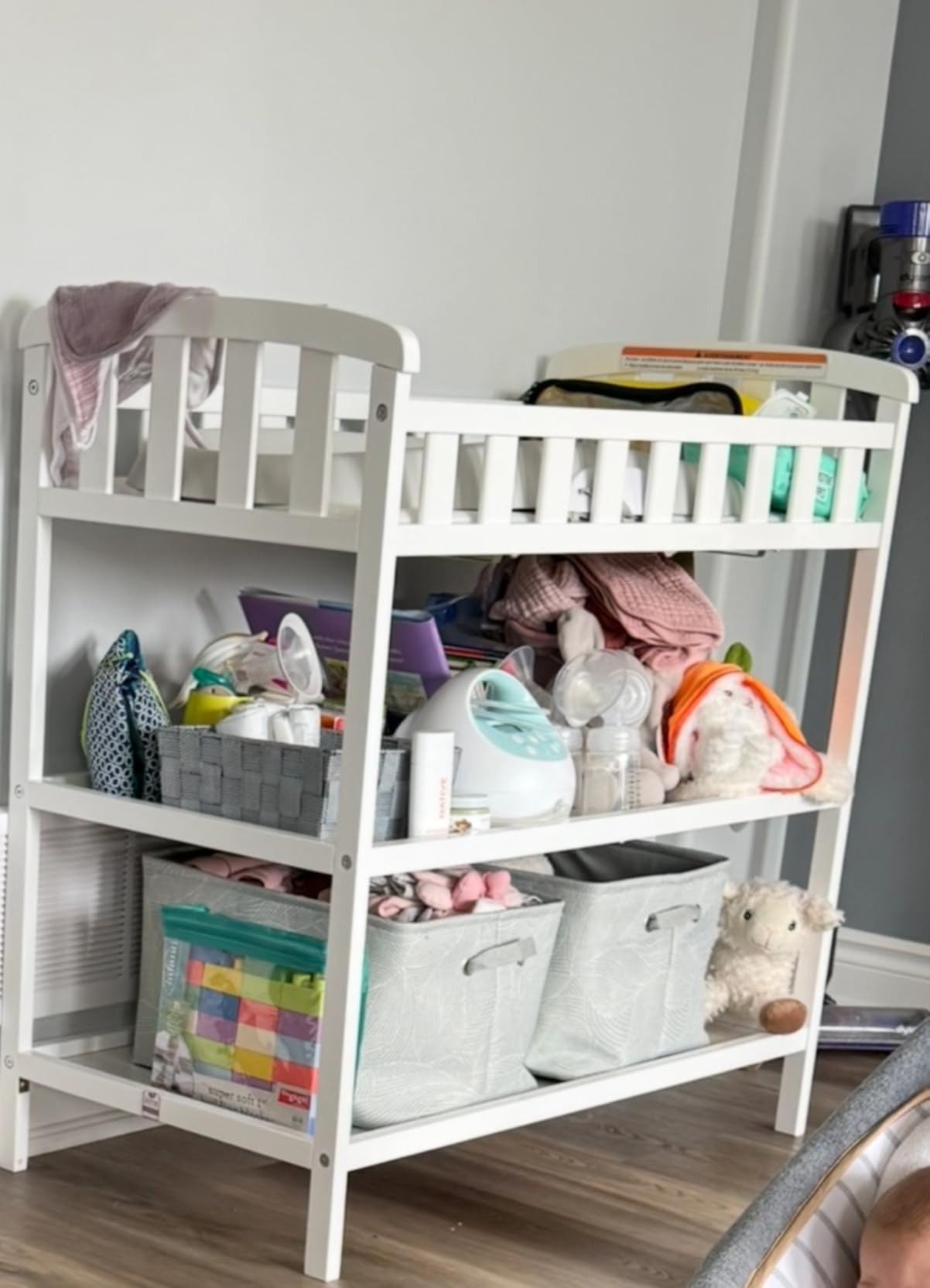
Frequently Asked Questions (FAQs)
Q1: Do I need a portable baby changing station if I stay home?
A: While not essential, a portable station is useful for trips to parks, doctor’s offices, or family gatherings where a dedicated station may not be available.
Q2: How often should I clean my baby changing station?
A: Wipe it down after every use with disinfectant wipes. Perform a deep clean weekly with a bleach solution for non-porous surfaces.
Q3: Are public baby changing stations safe?
A: Inspect for cleanliness and sturdy guardrails. Use disposable liners and avoid stations in high-traffic areas if possible.
Q4: What’s the best material for a baby changing station?
A: Non-porous, waterproof materials (e.g., silicone or plastic) are easiest to sanitize and resist stains.
Q5: Can I use a regular table as a changing surface?
A: Yes, but add a non-slip mat, guardrails, and ensure it’s at a safe height—never leave the baby unattended.
